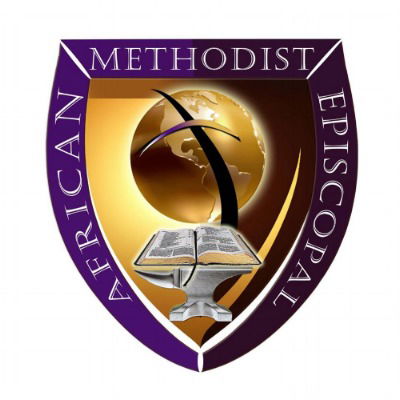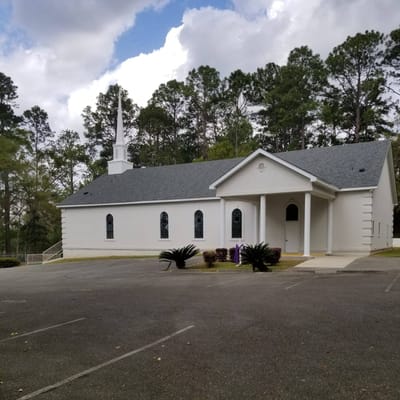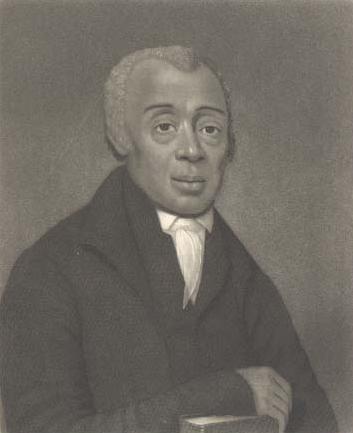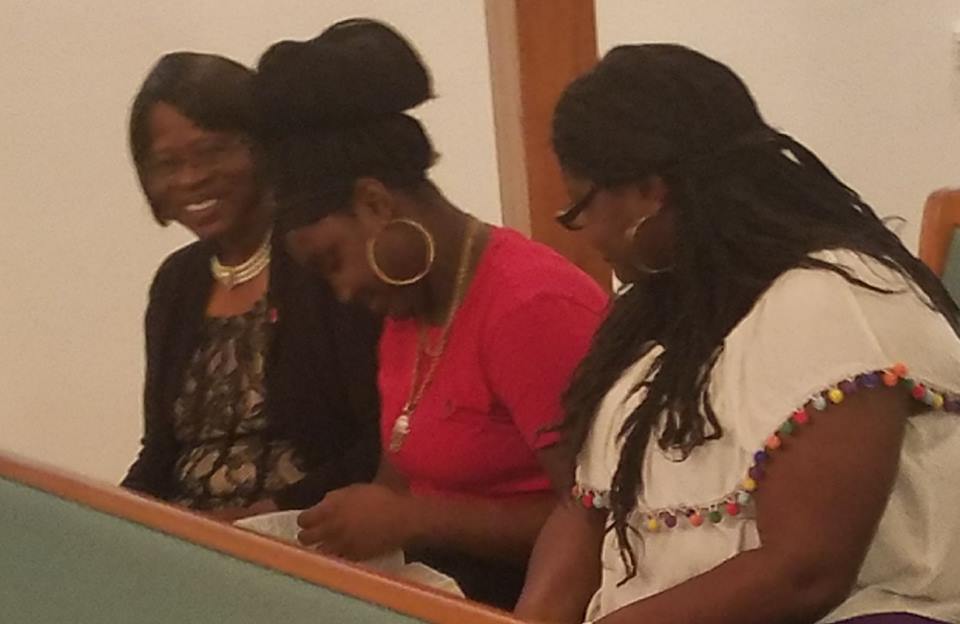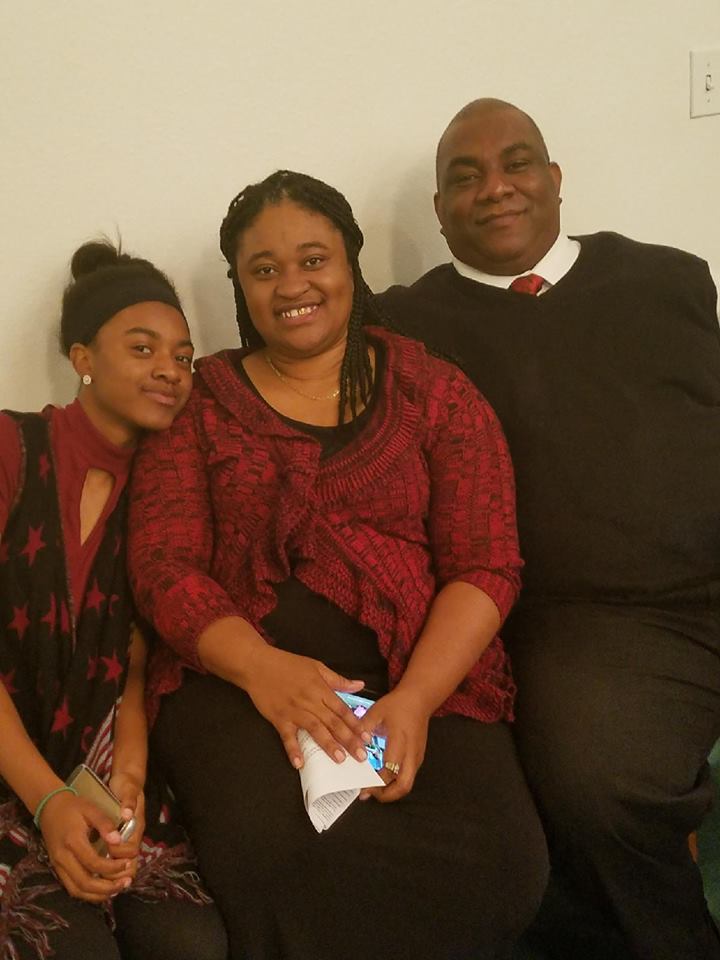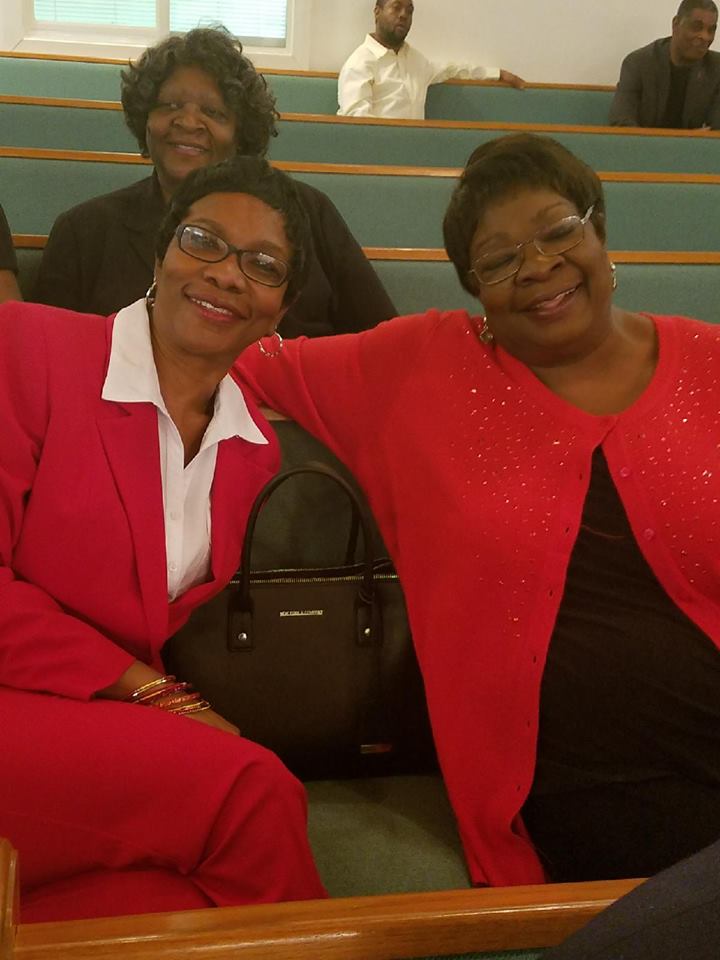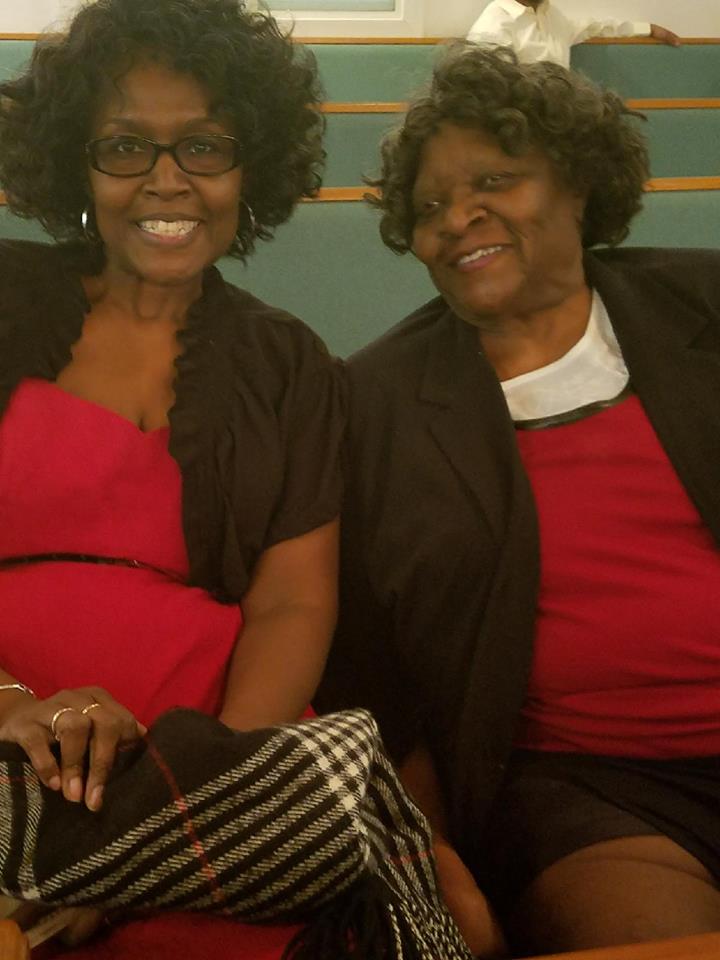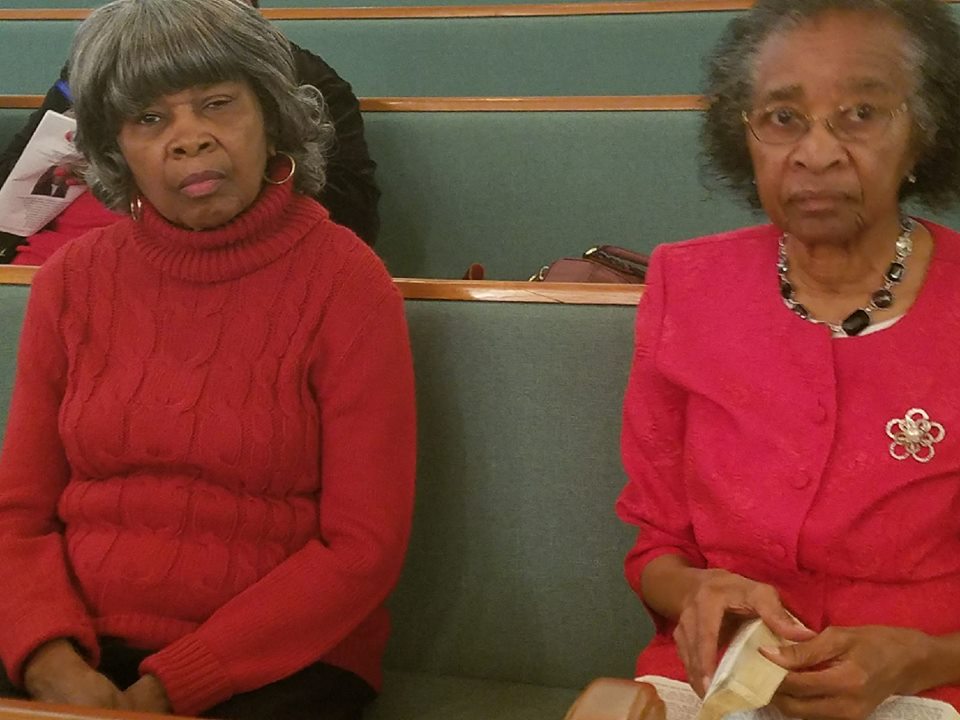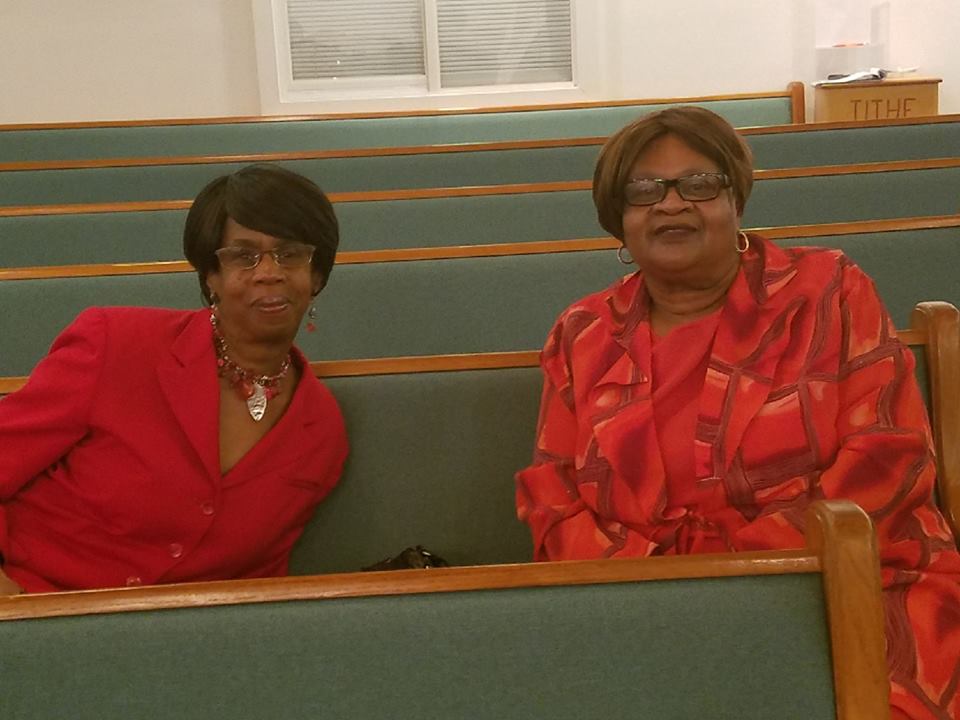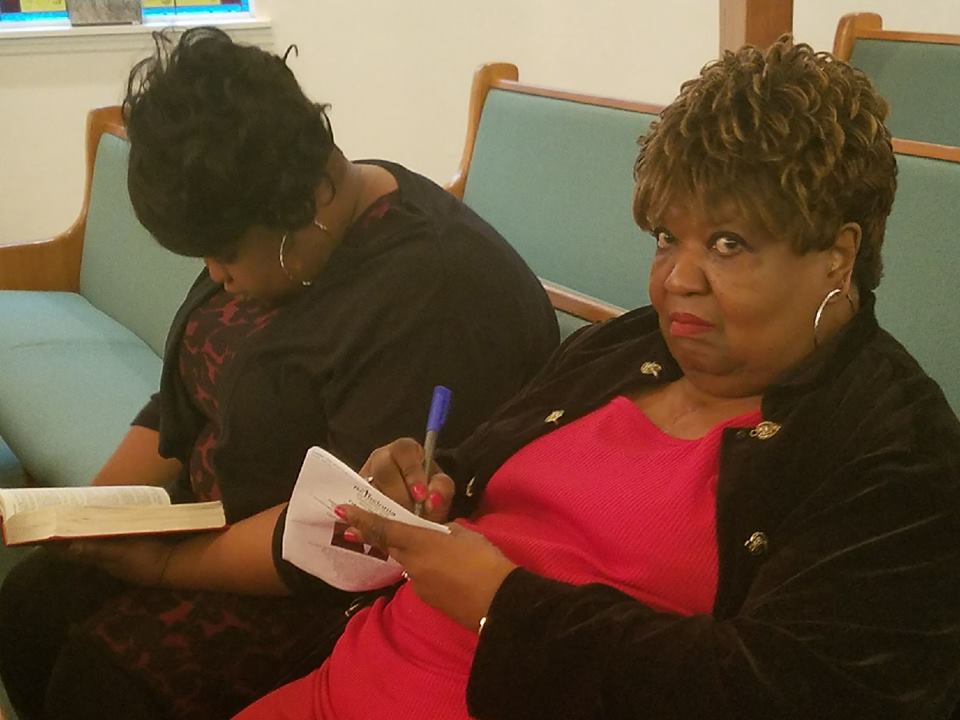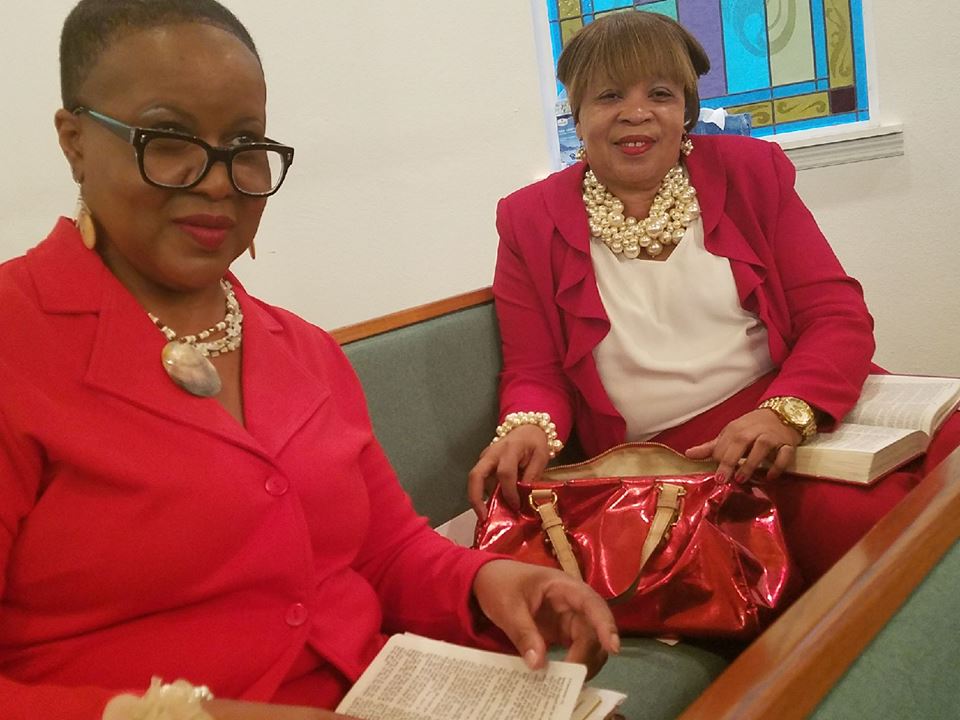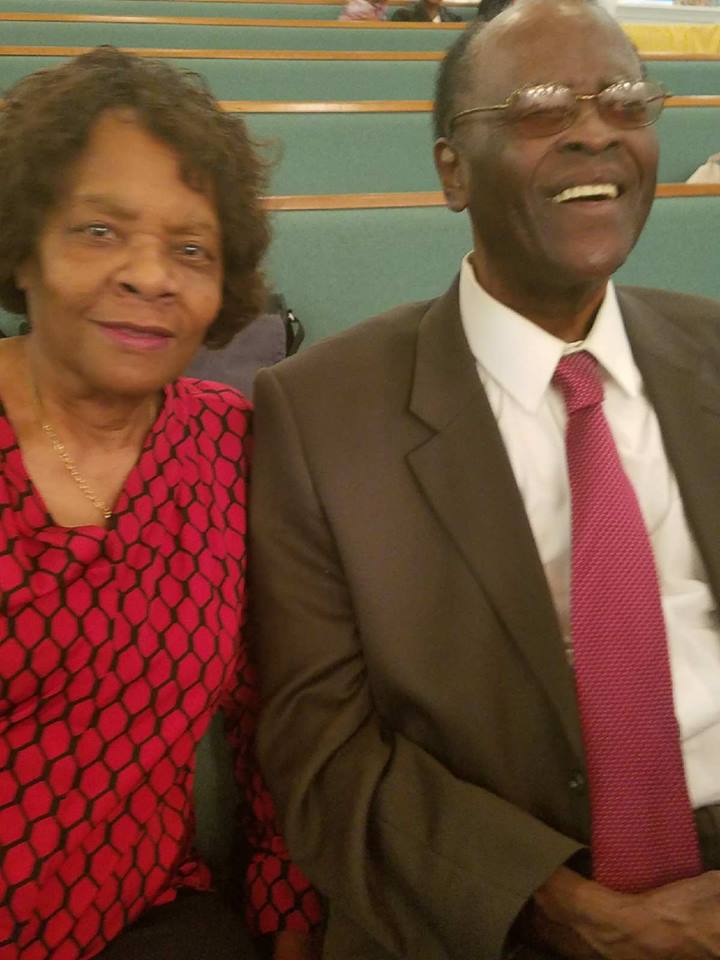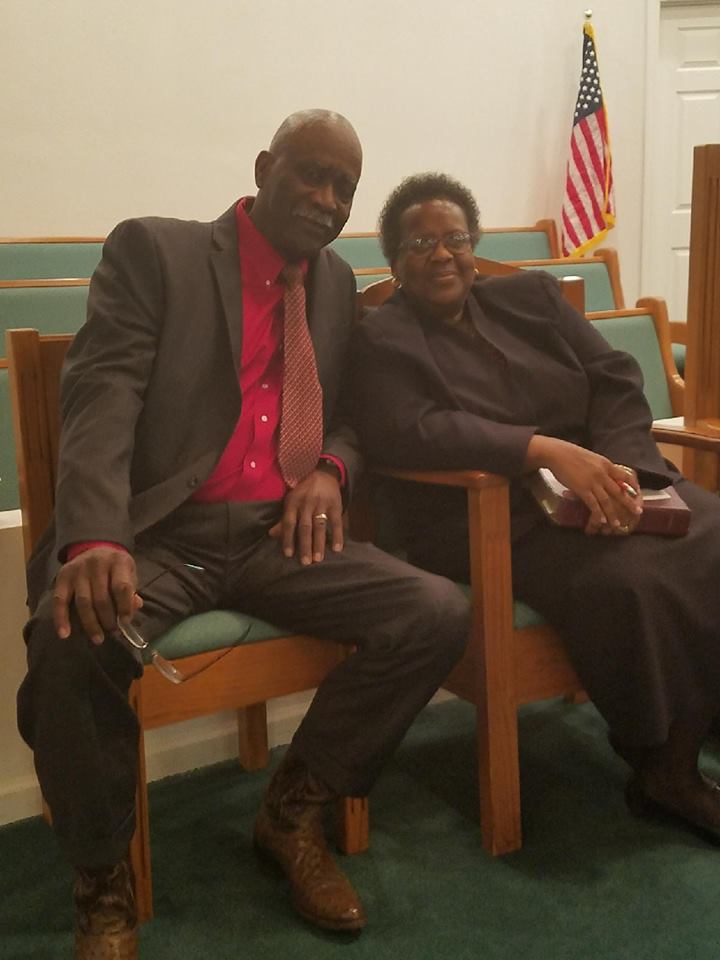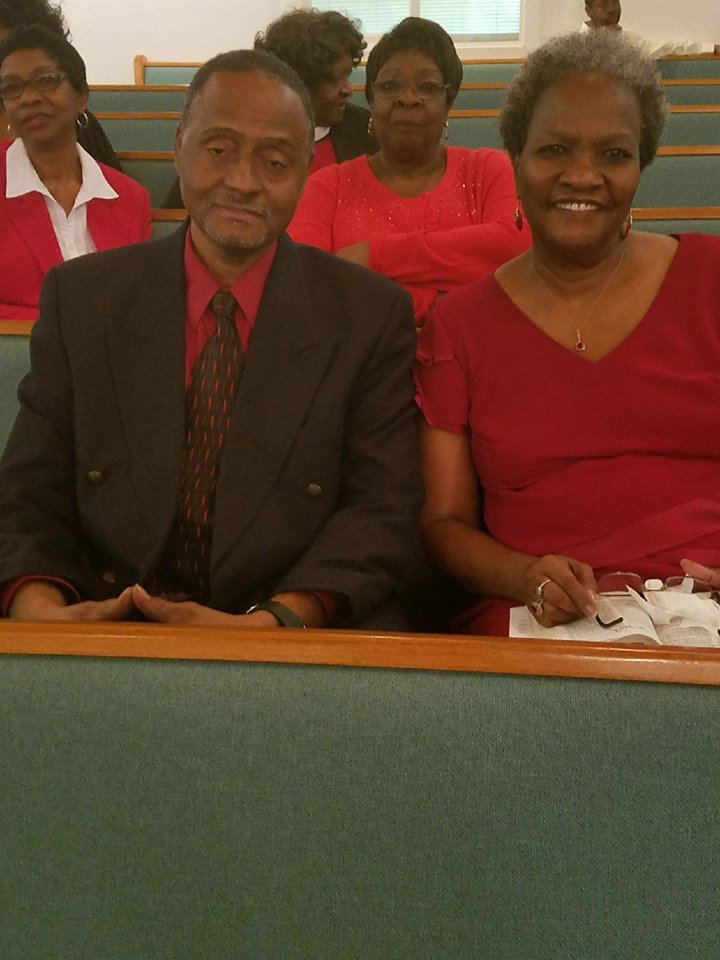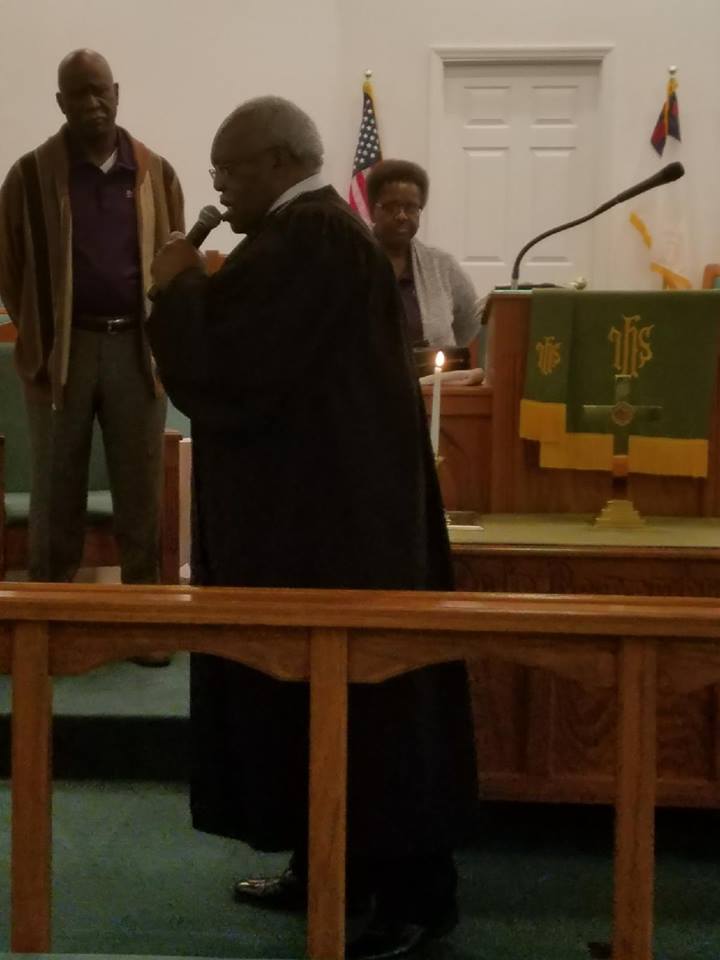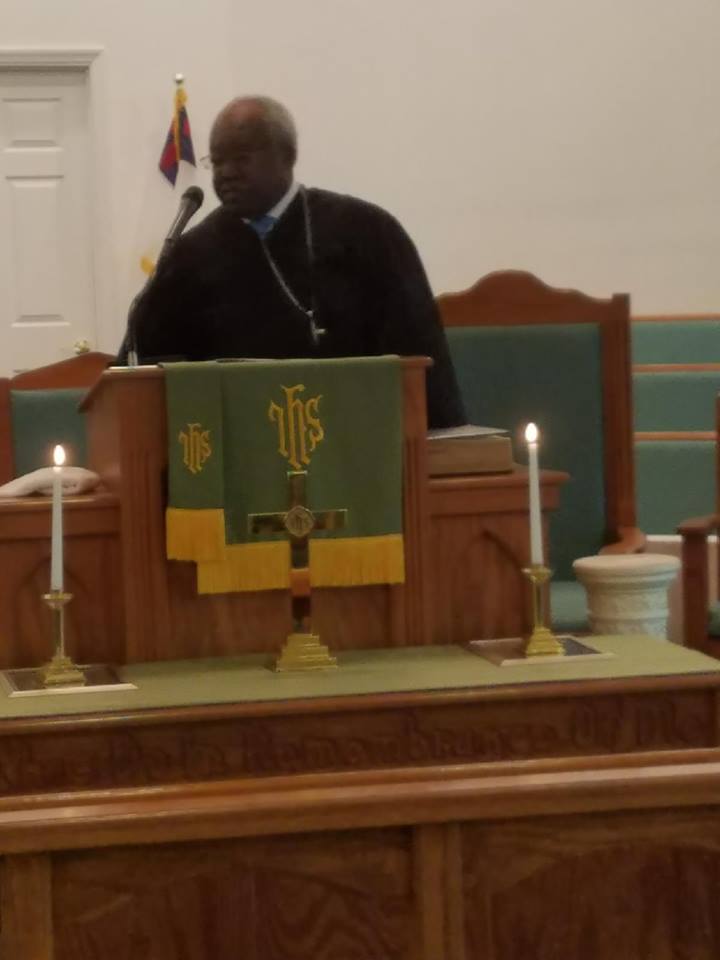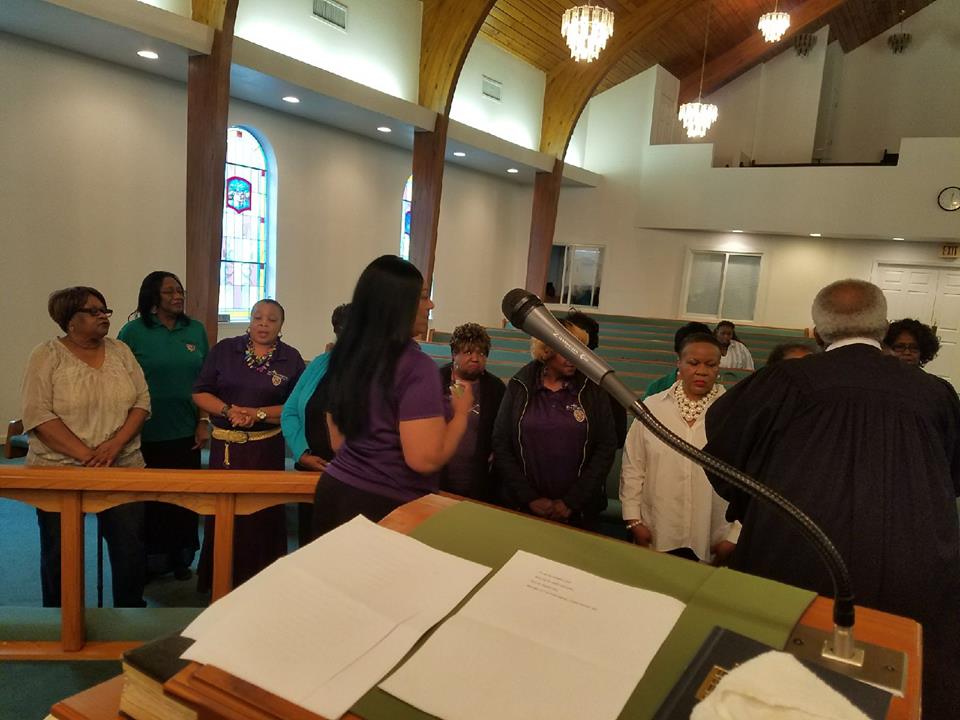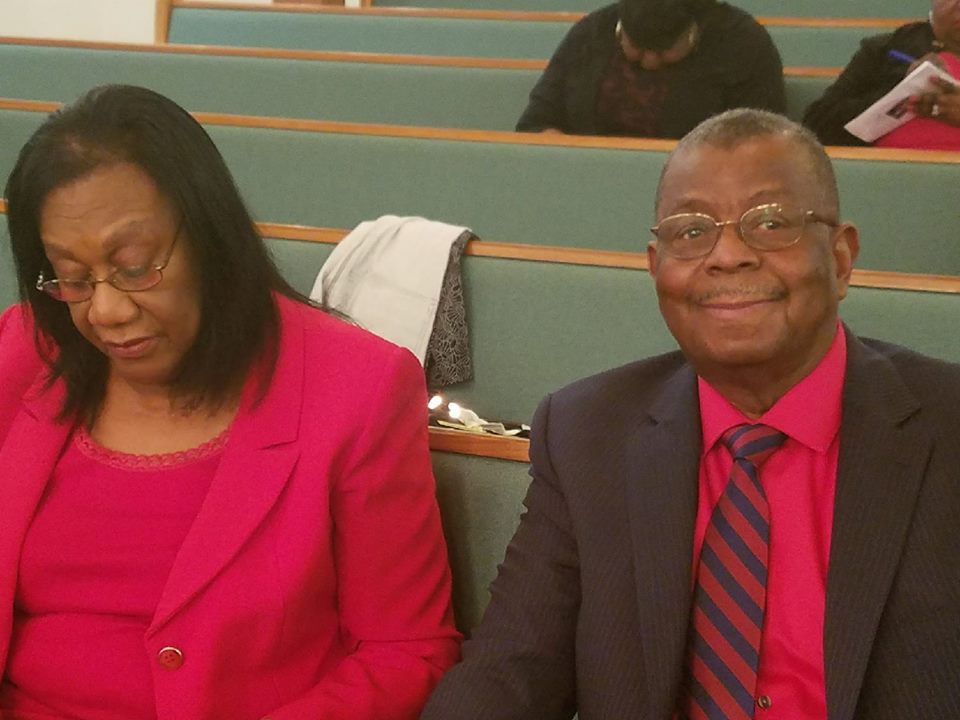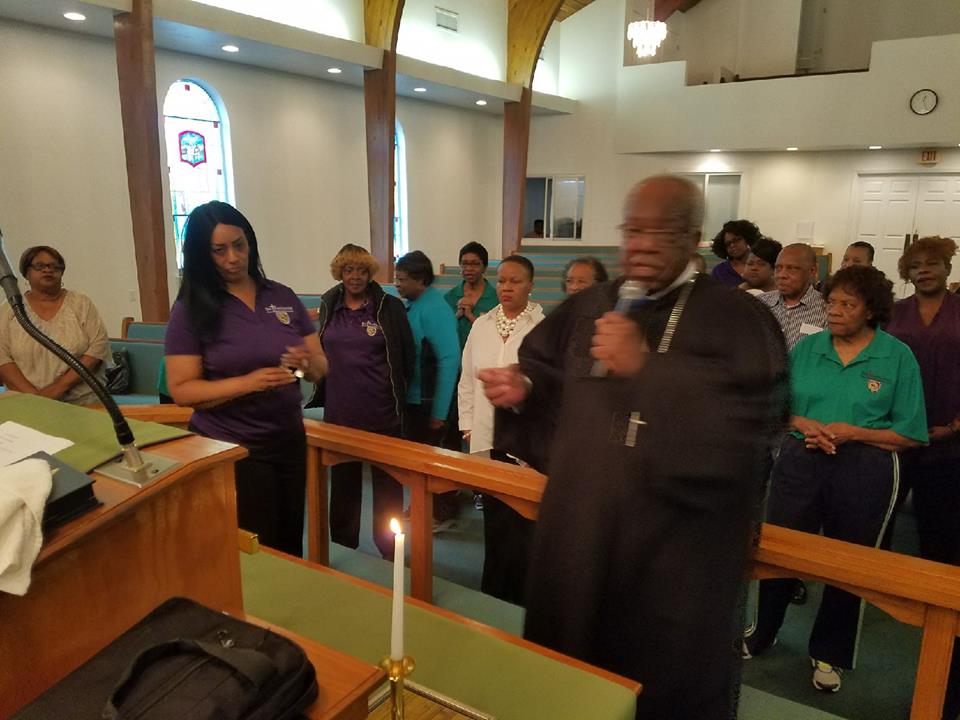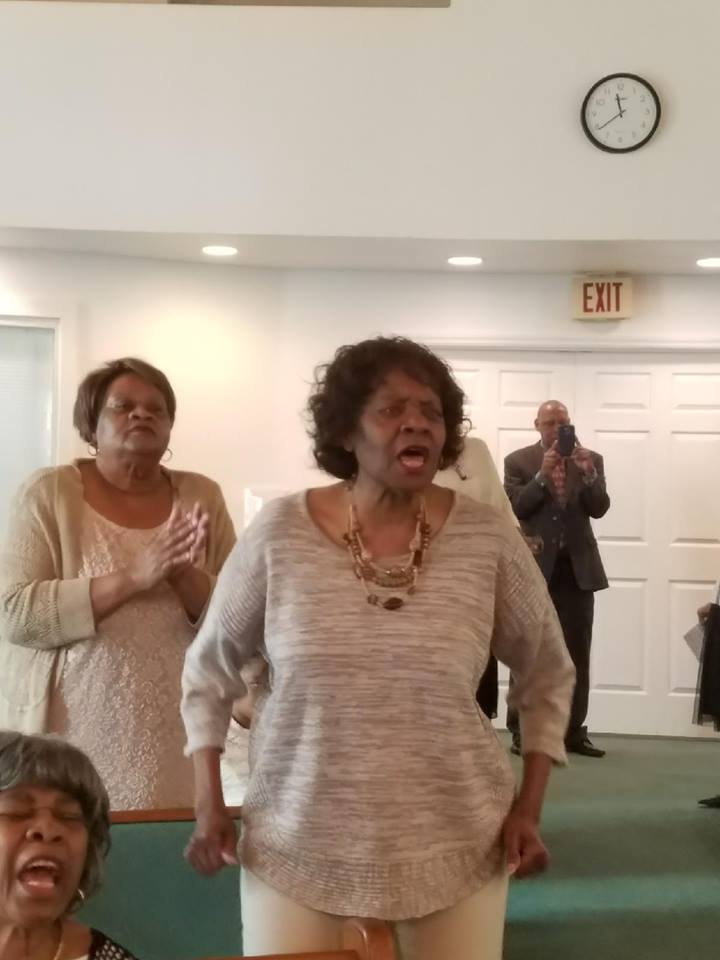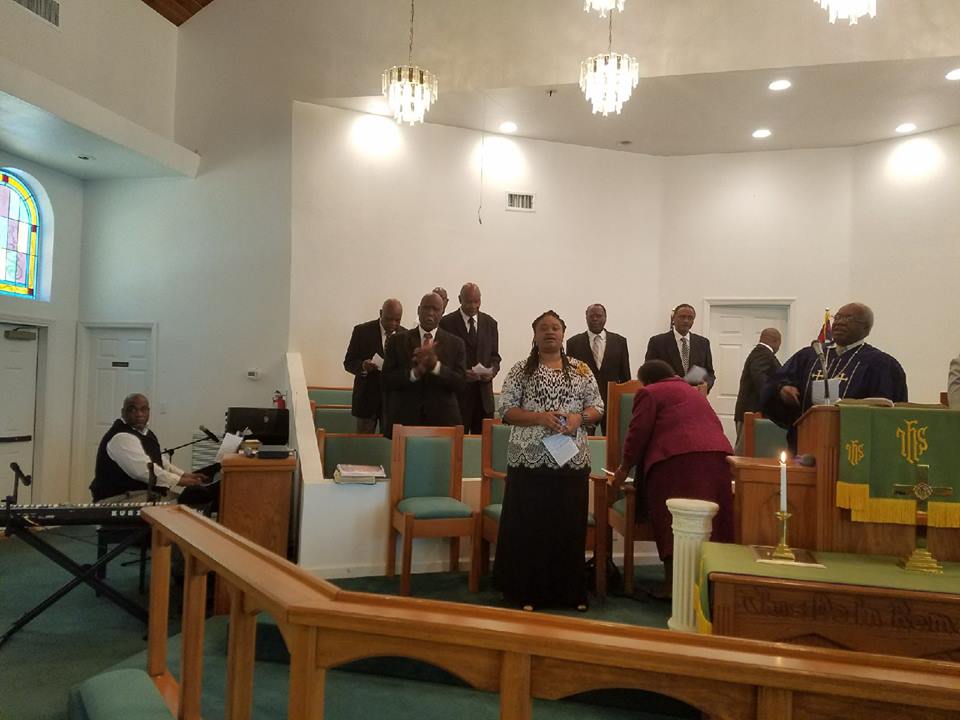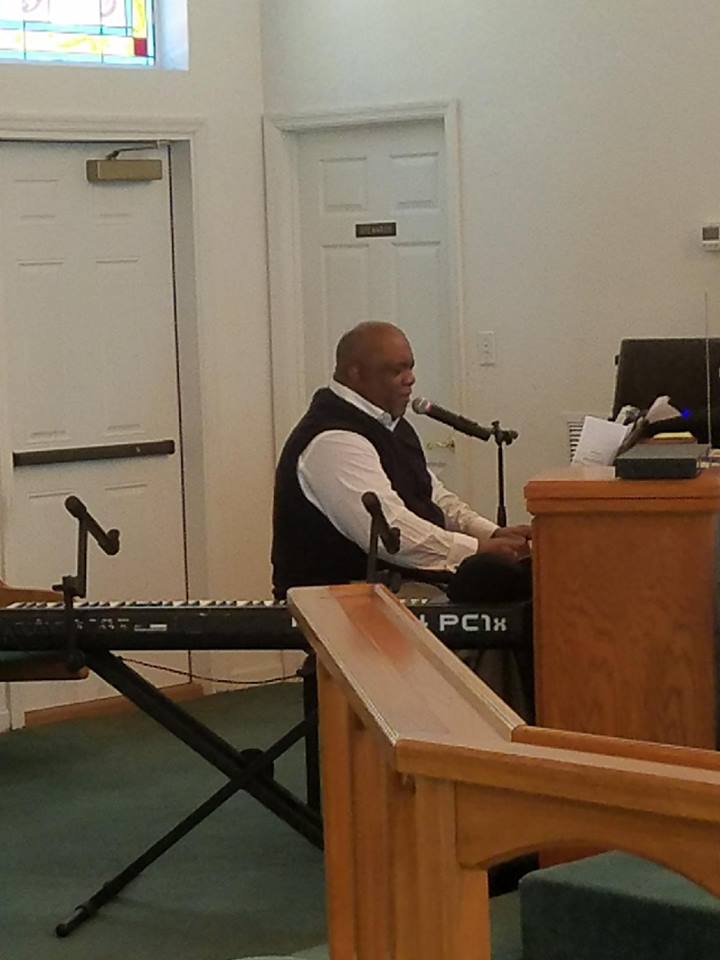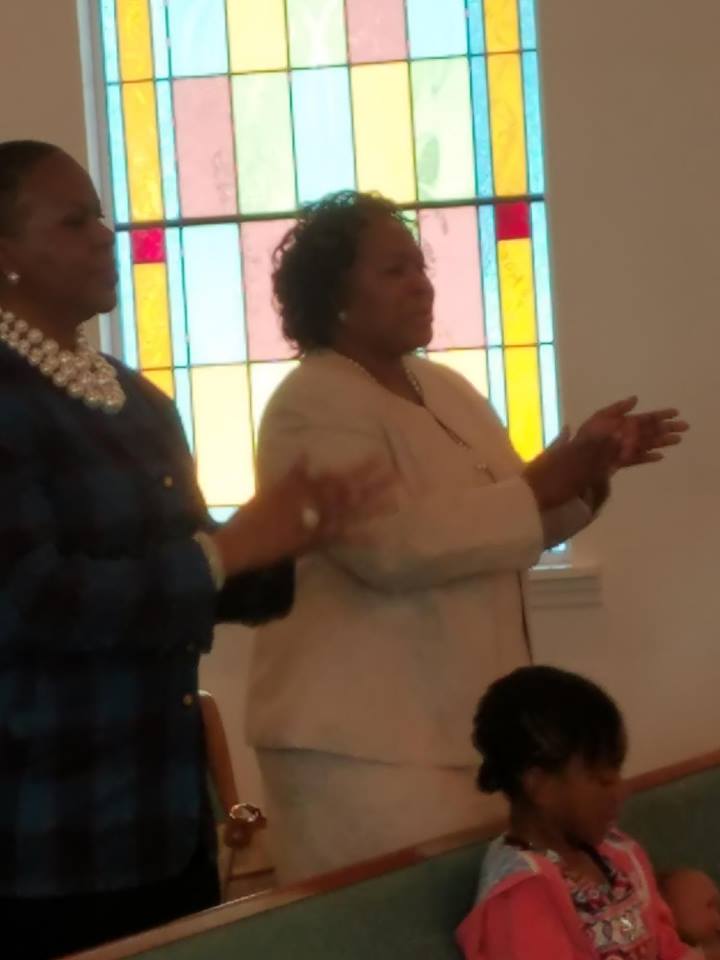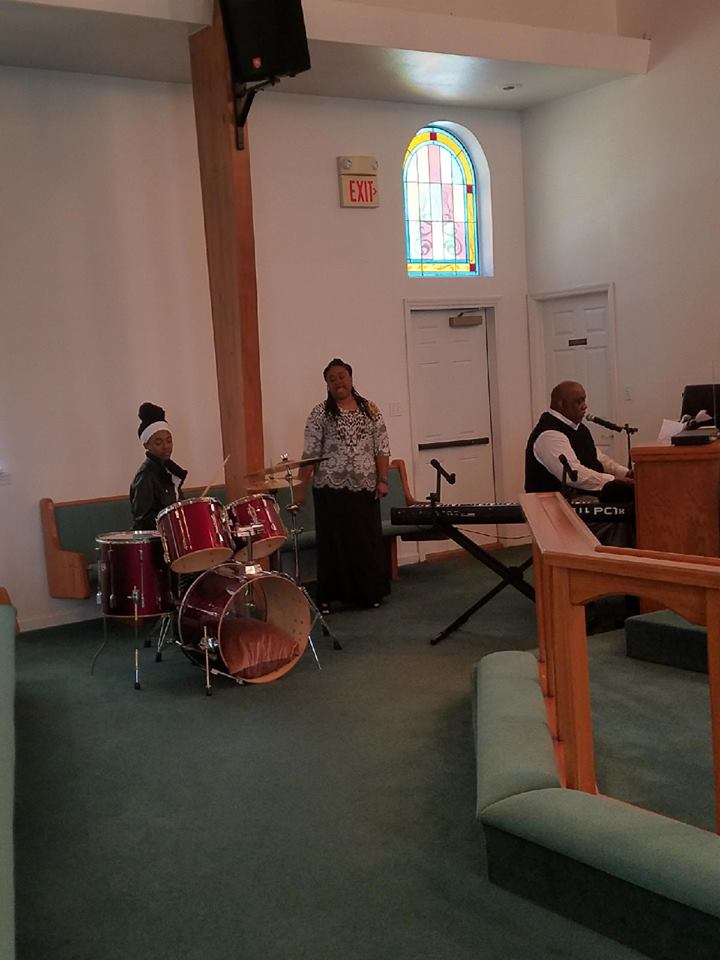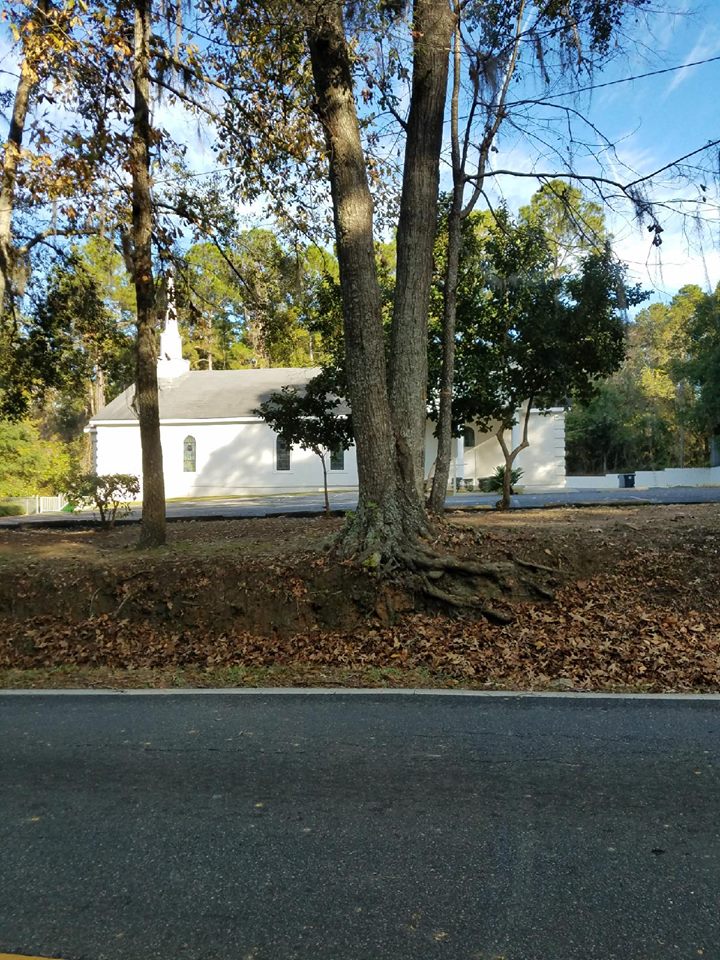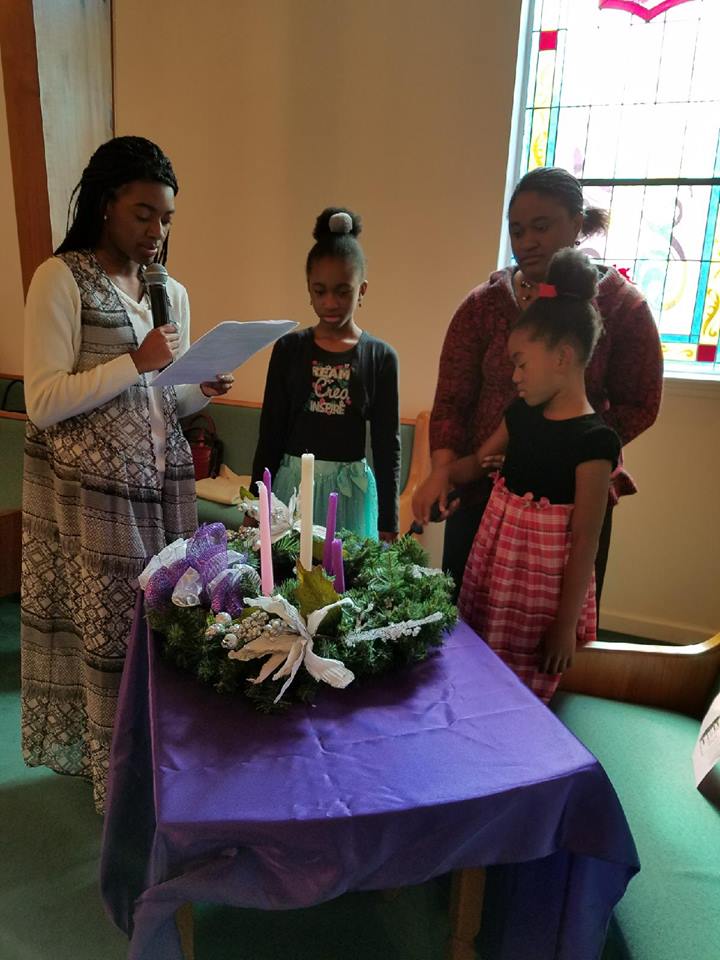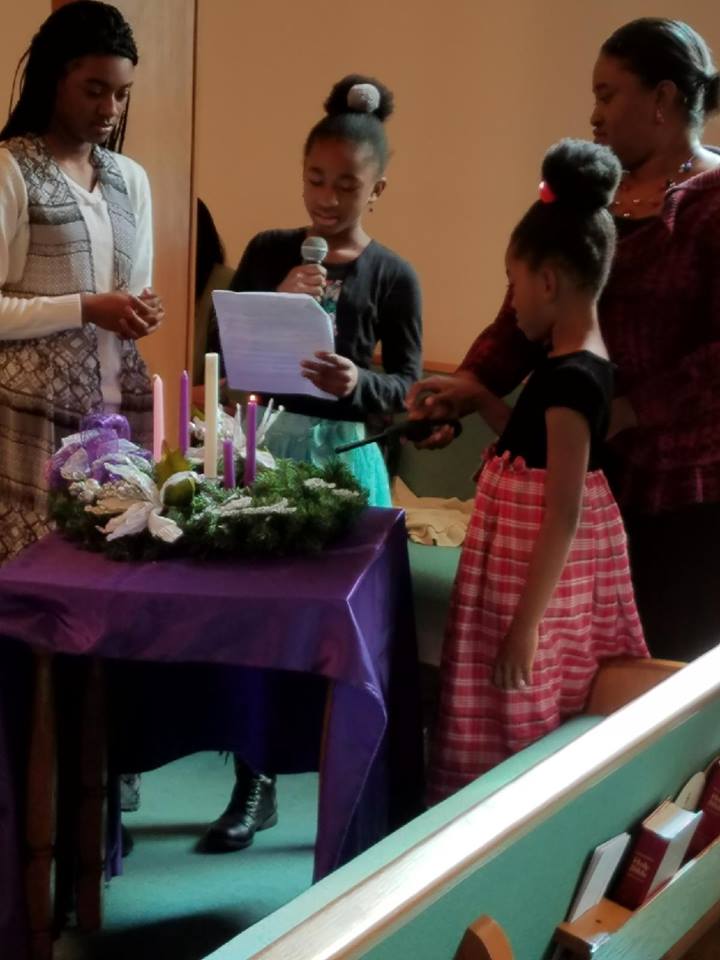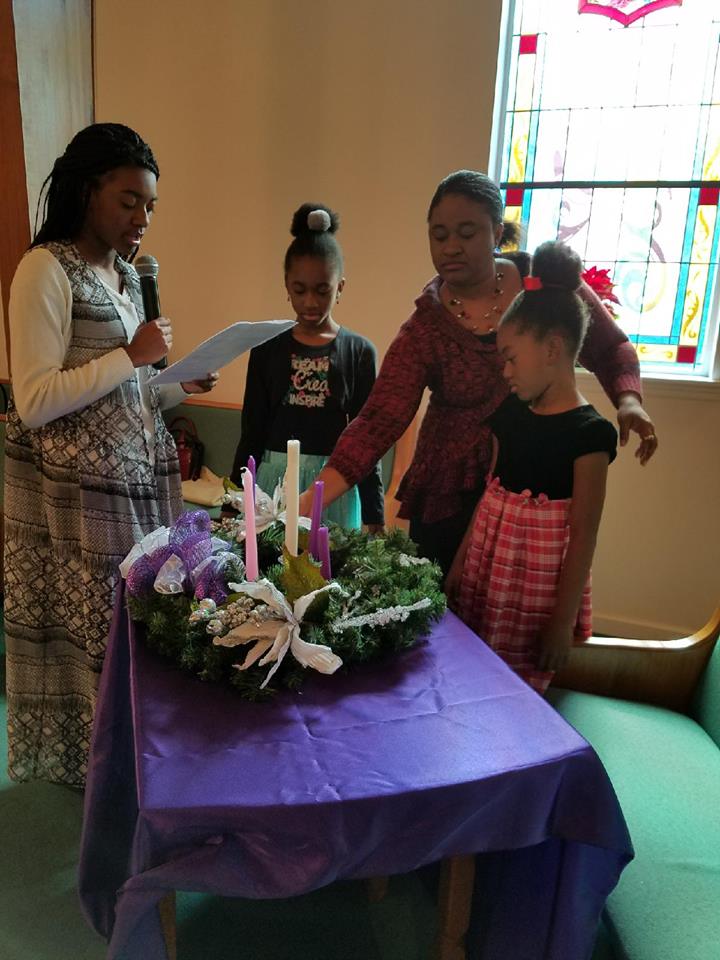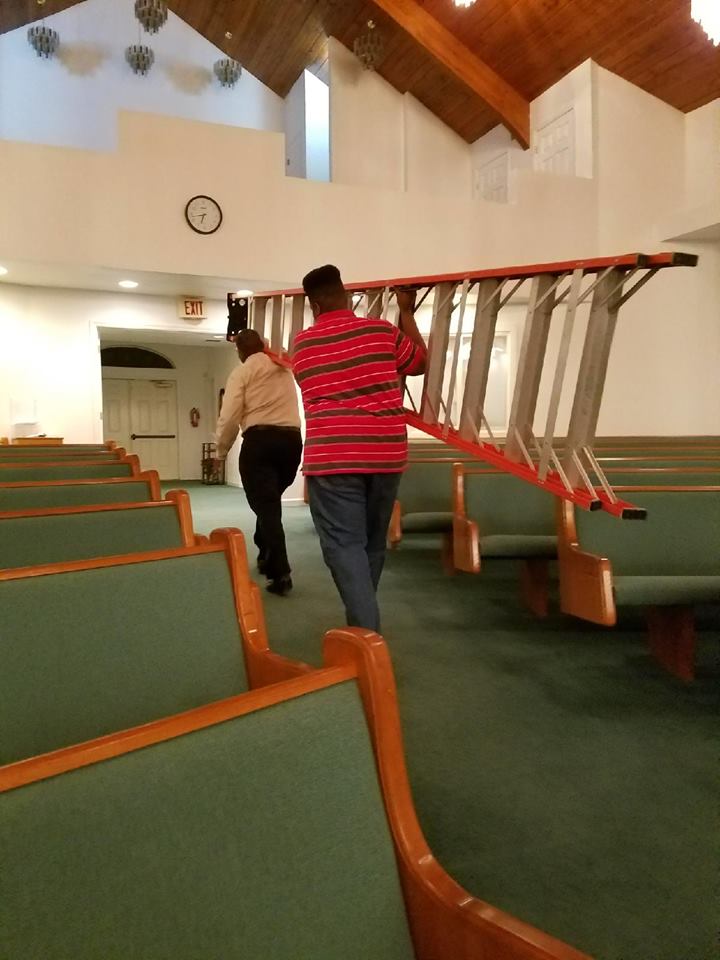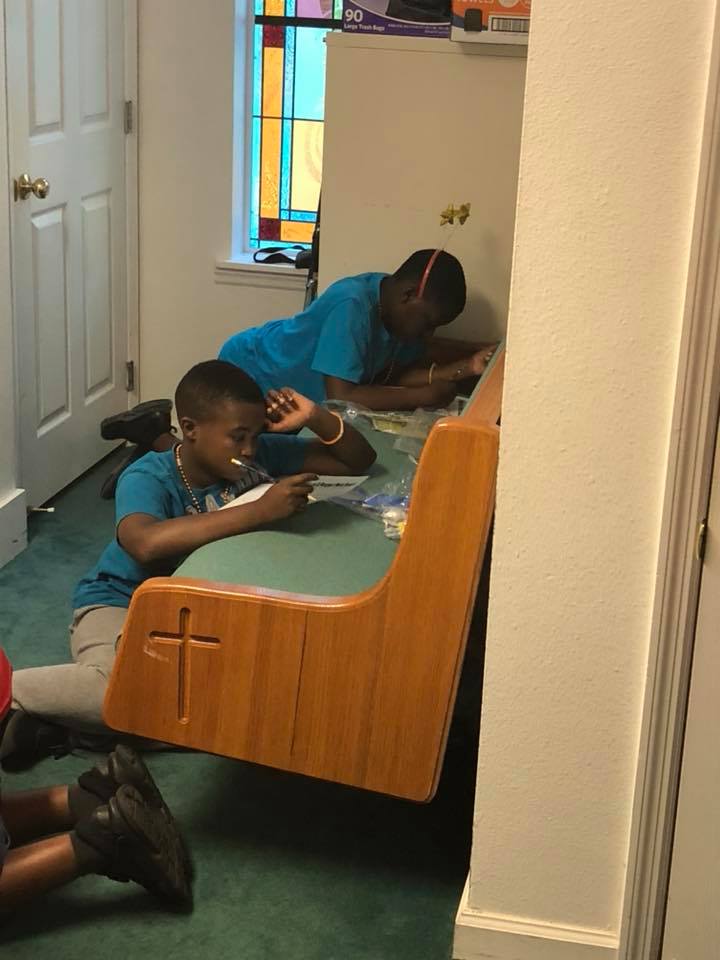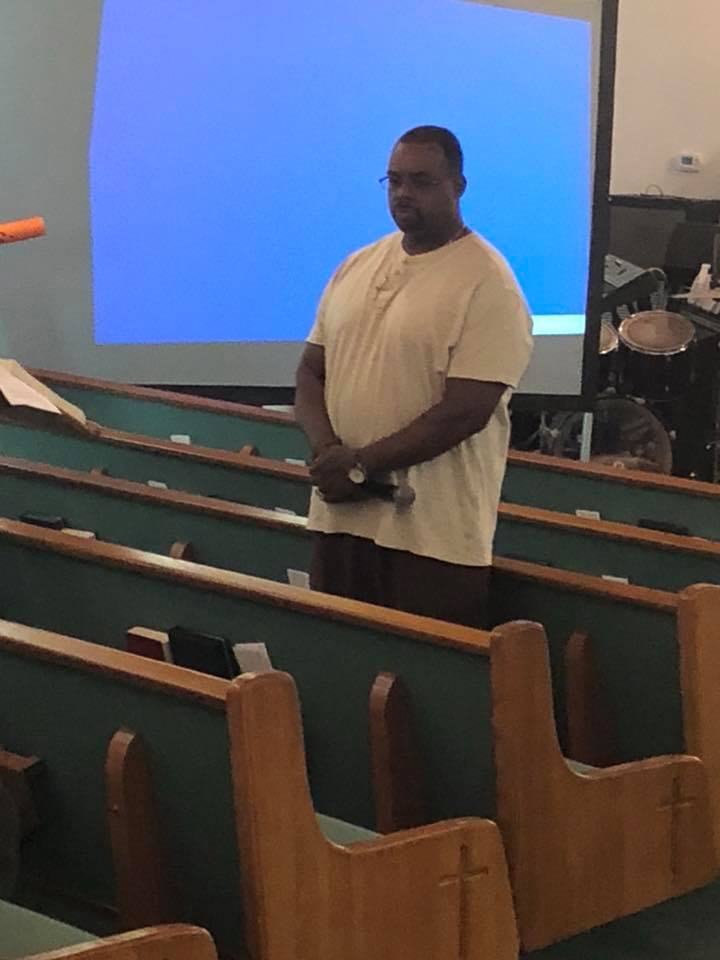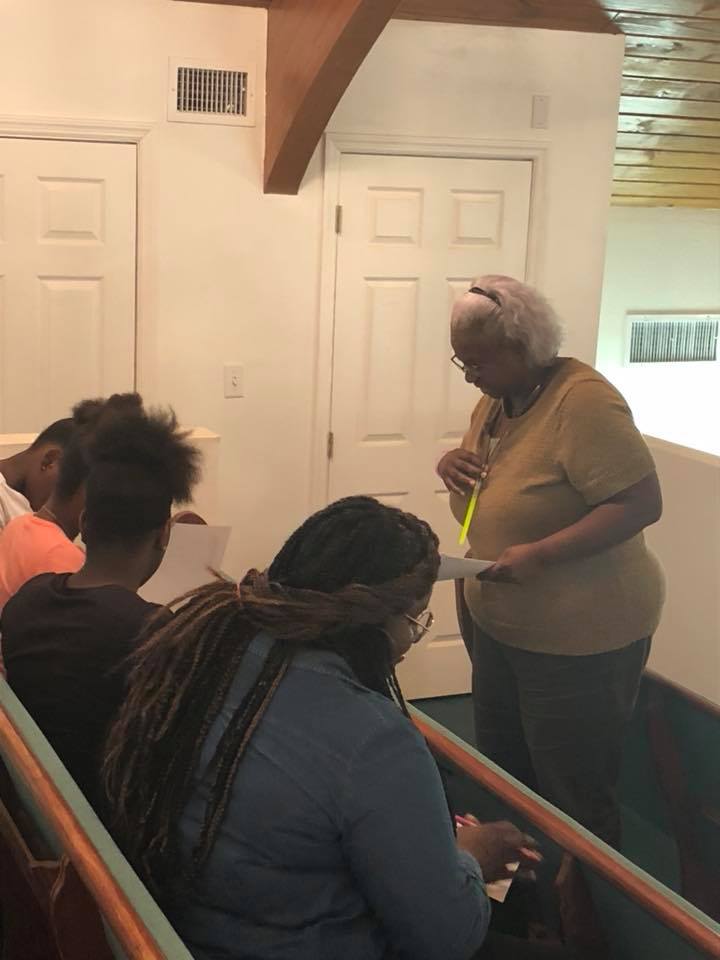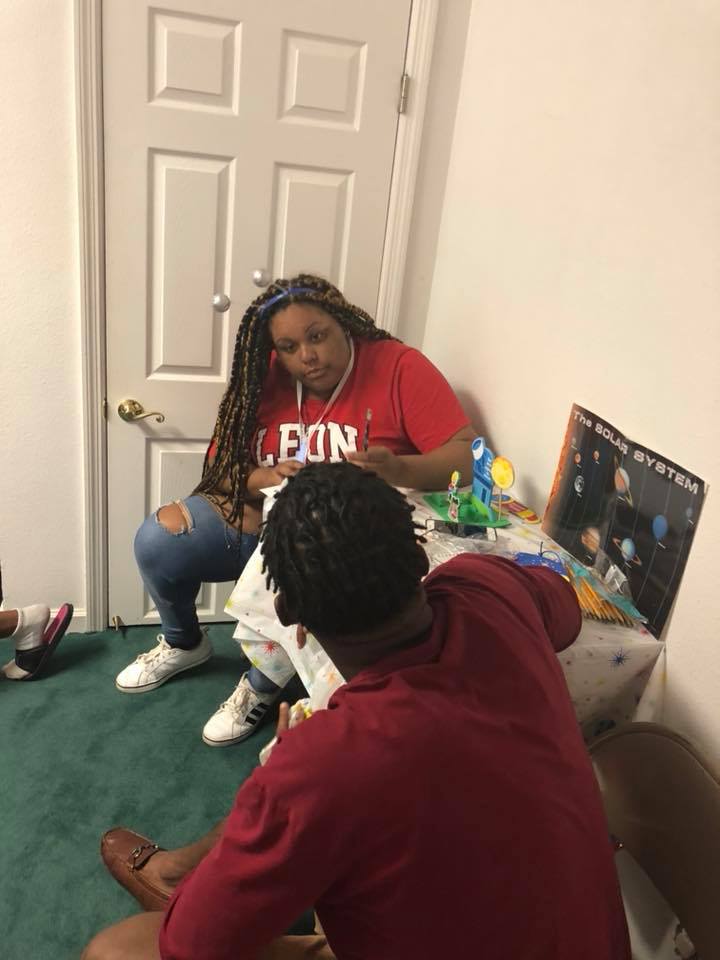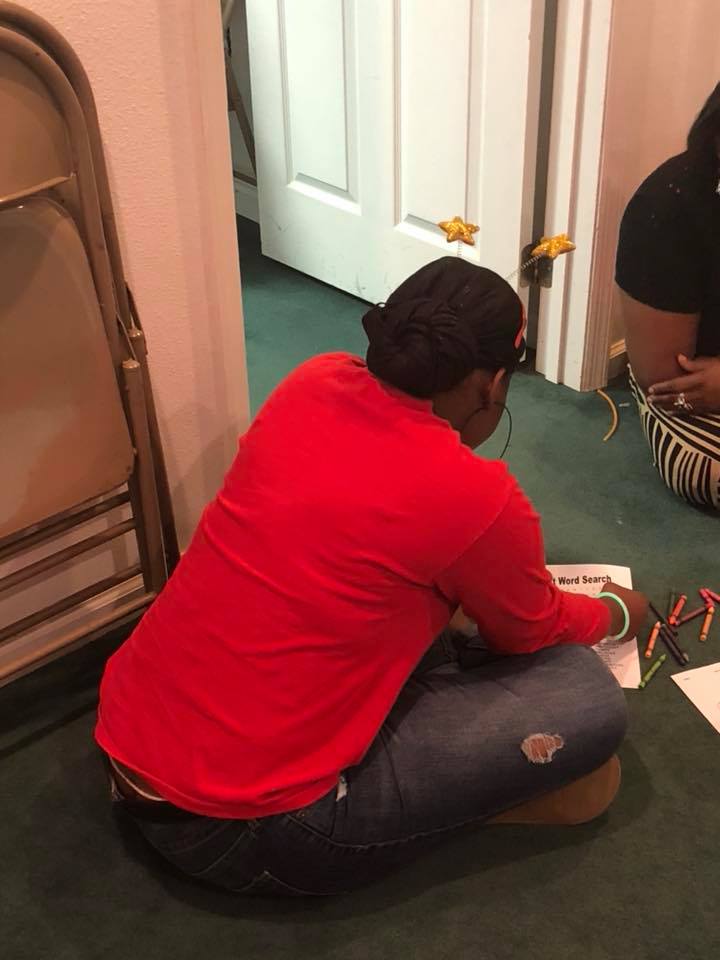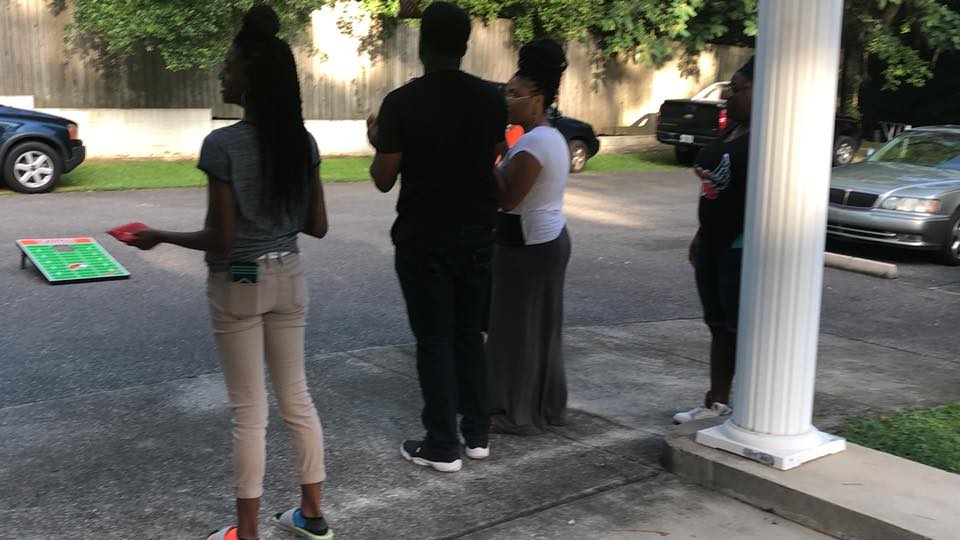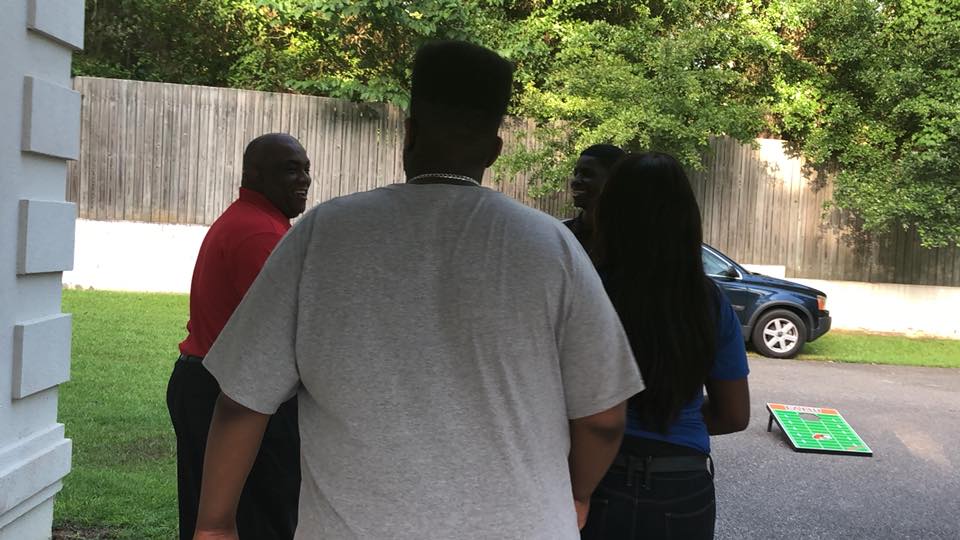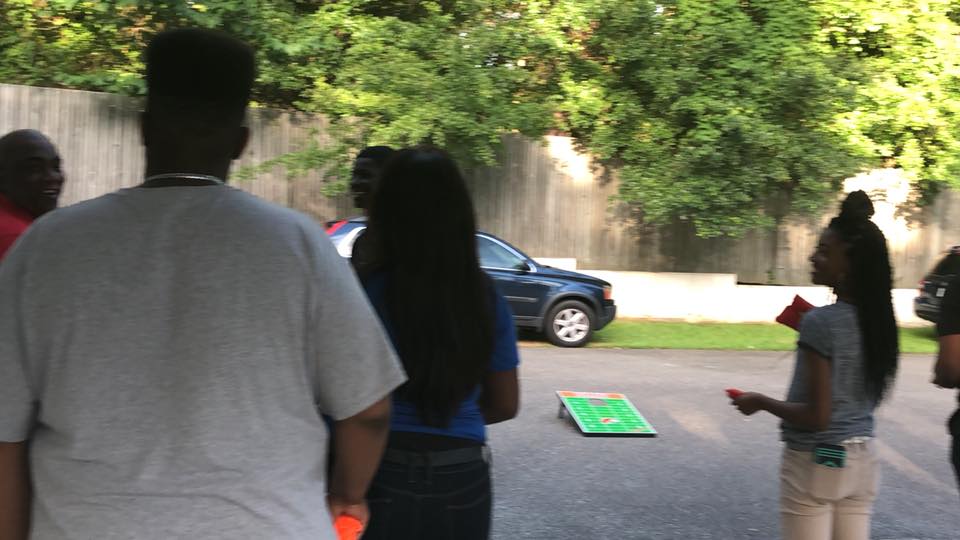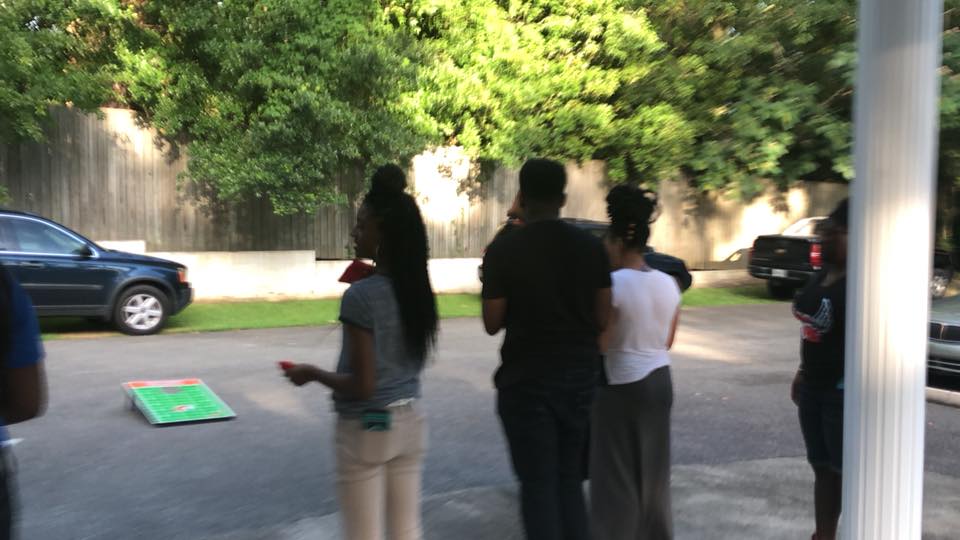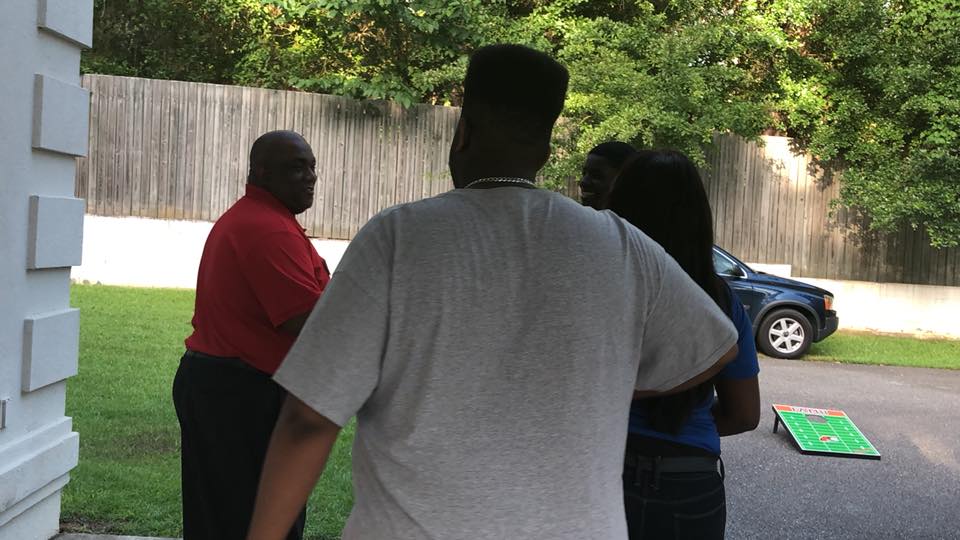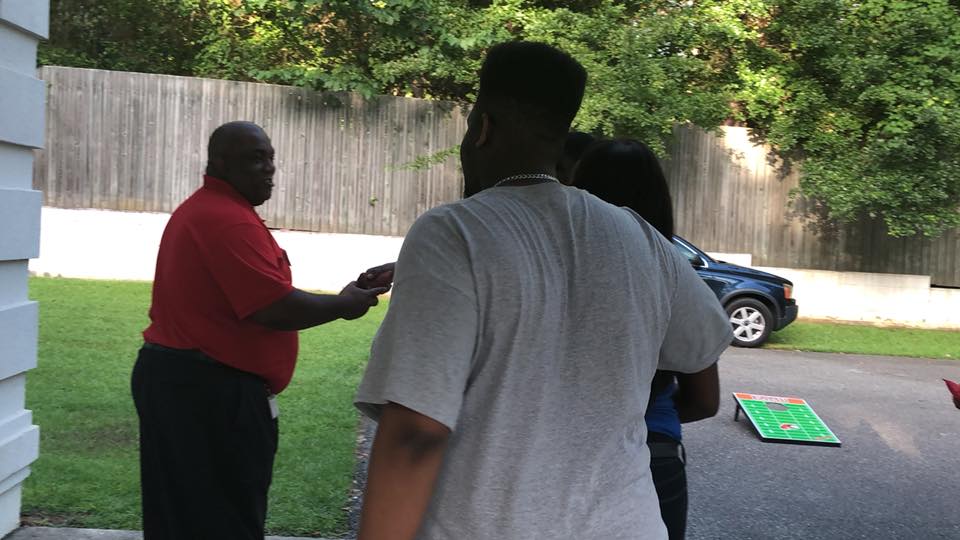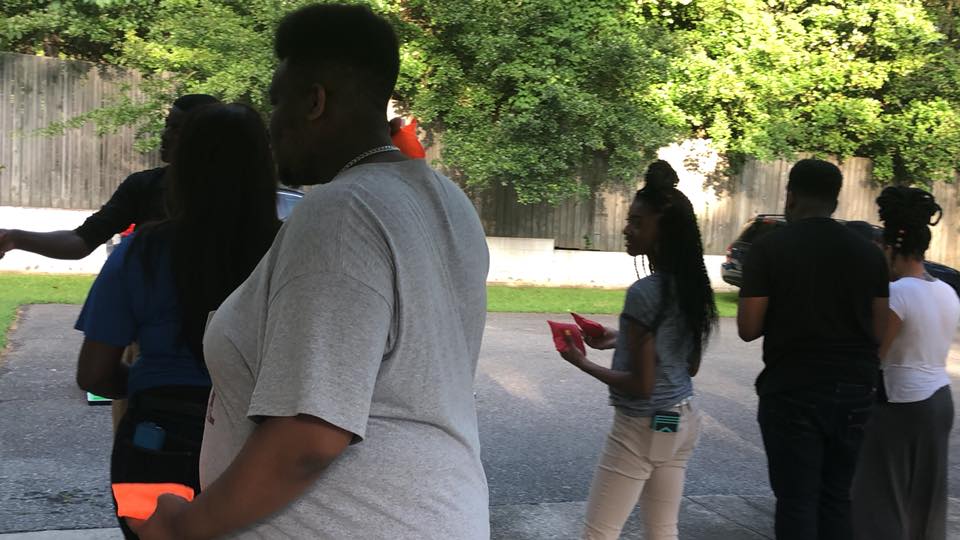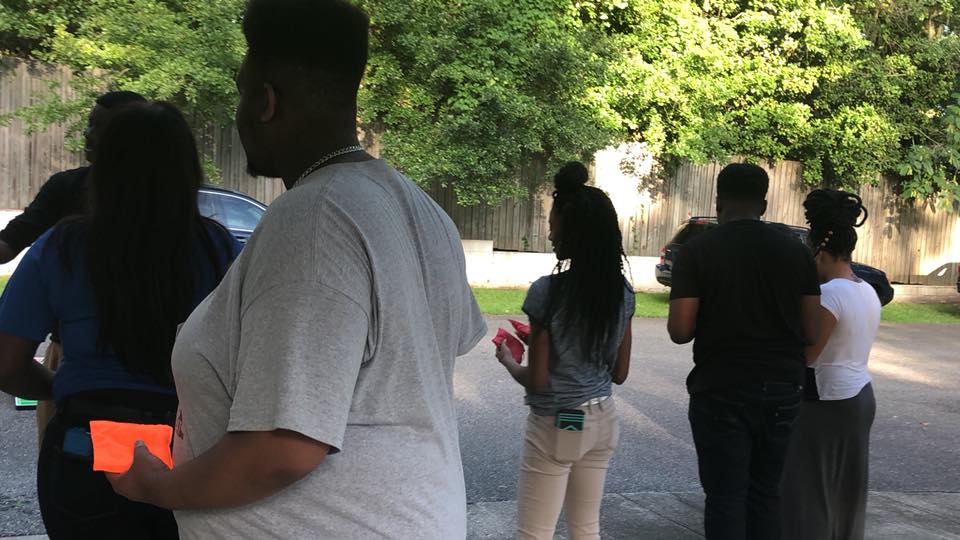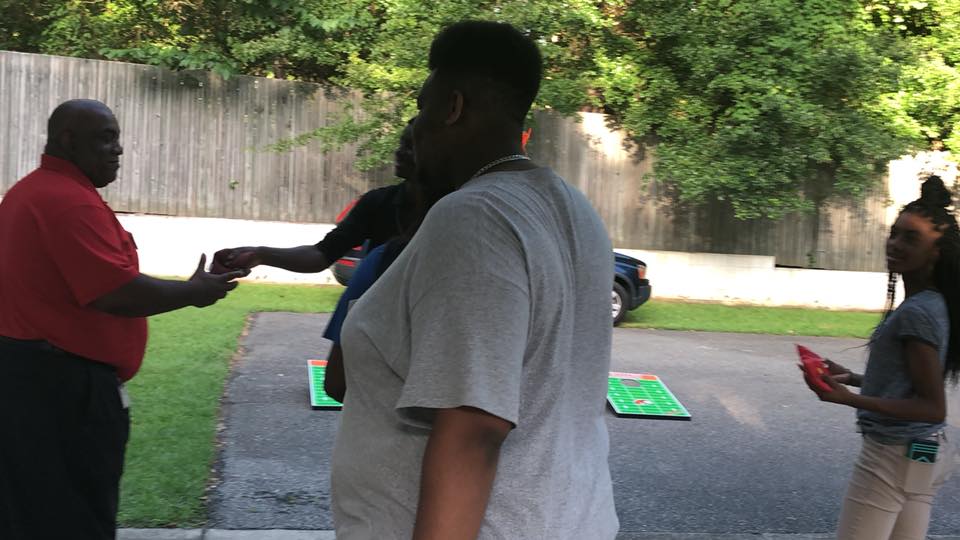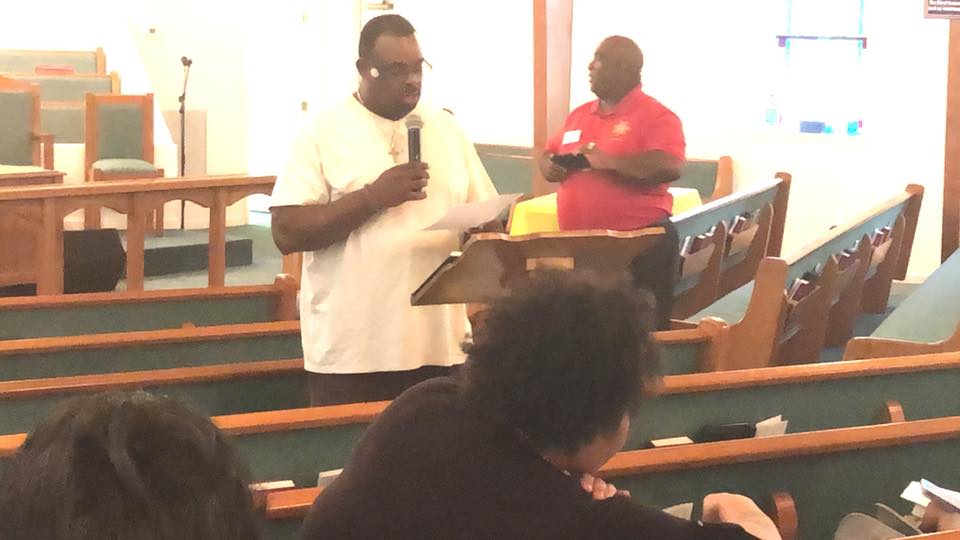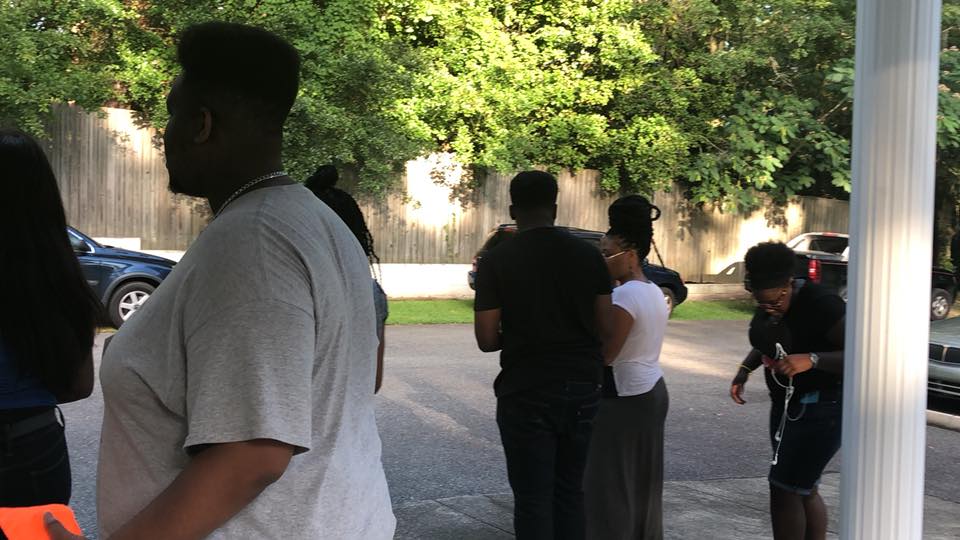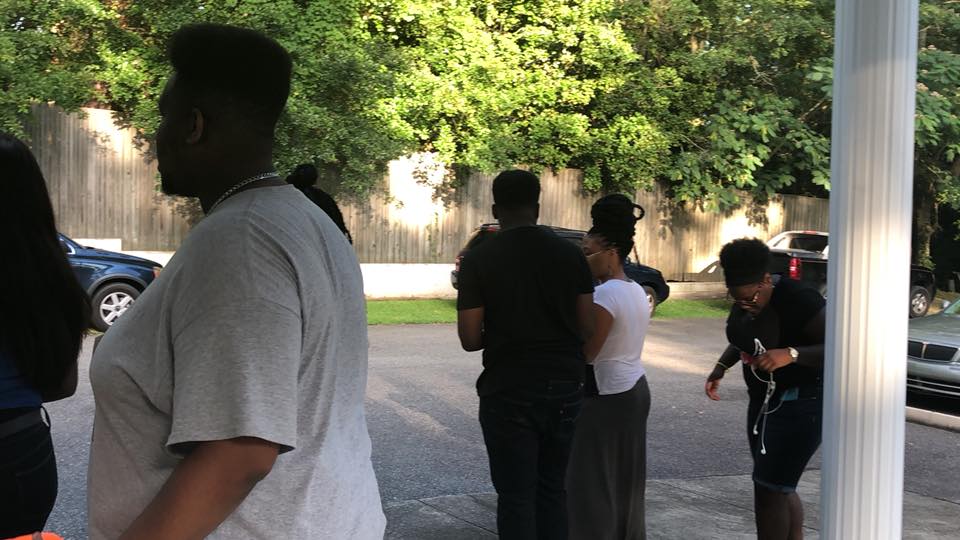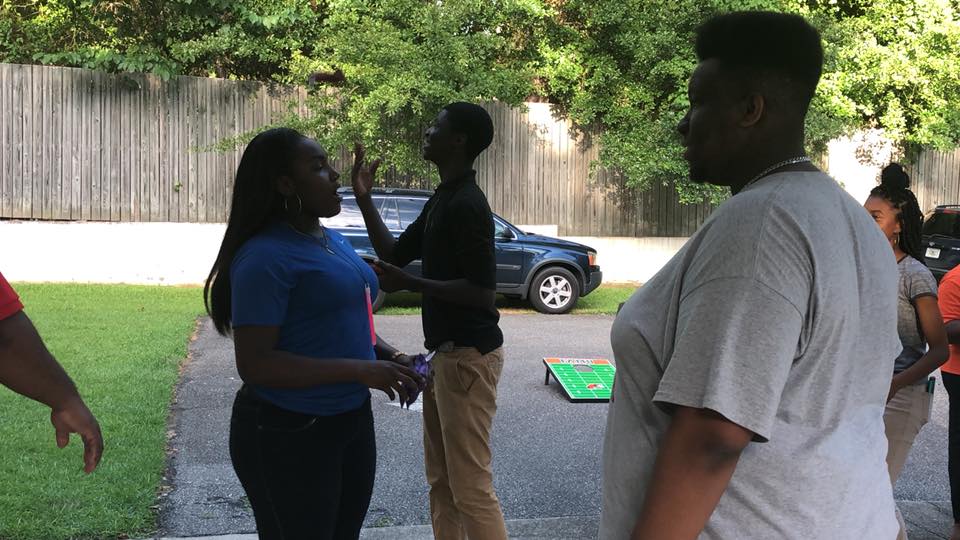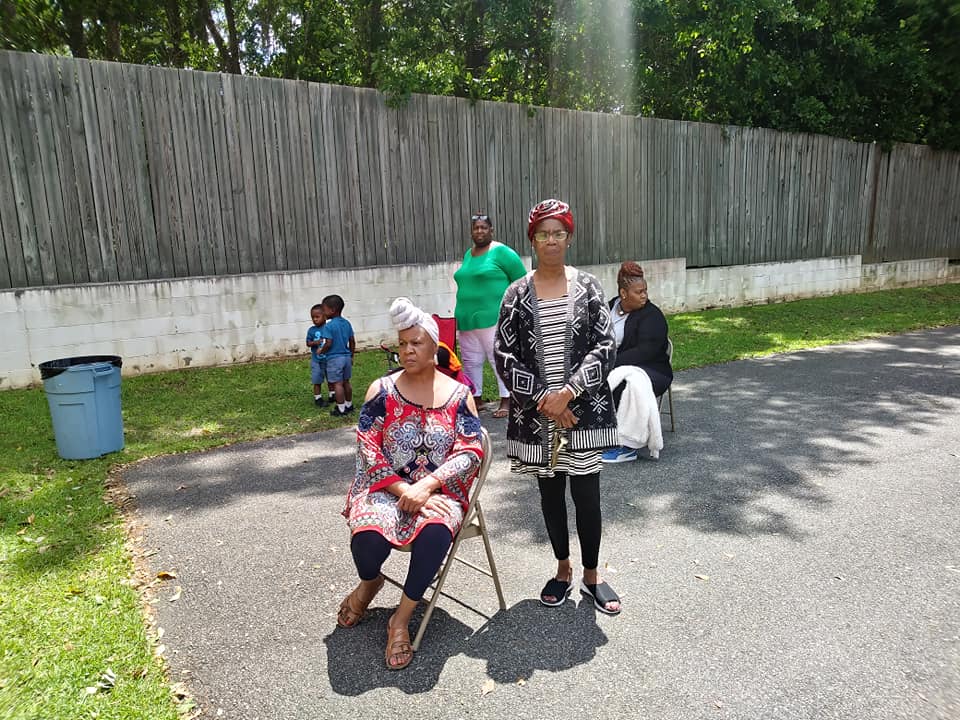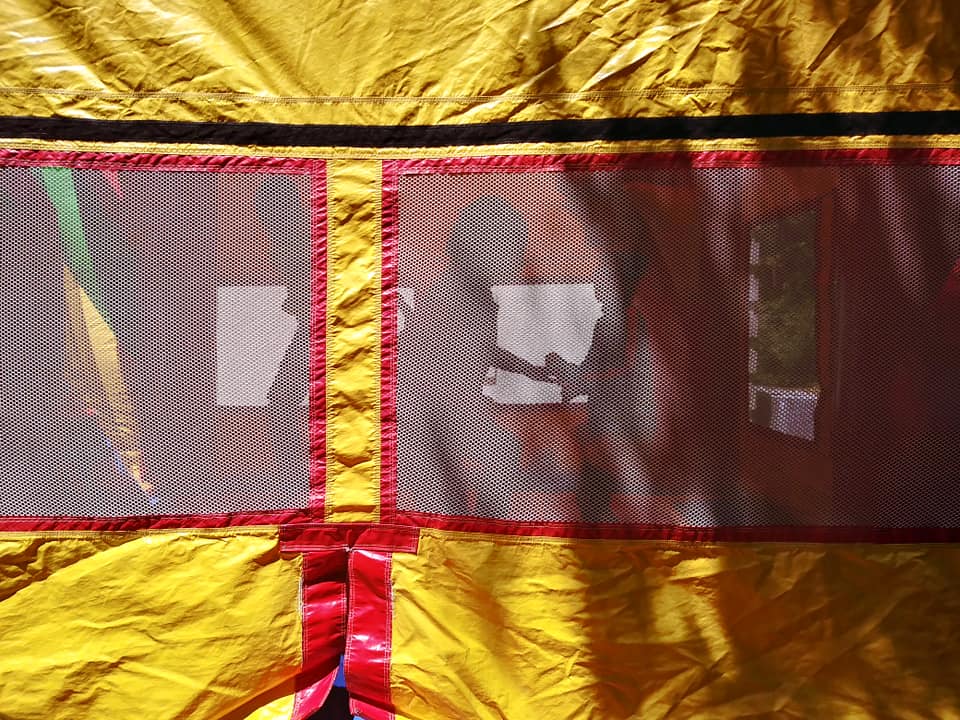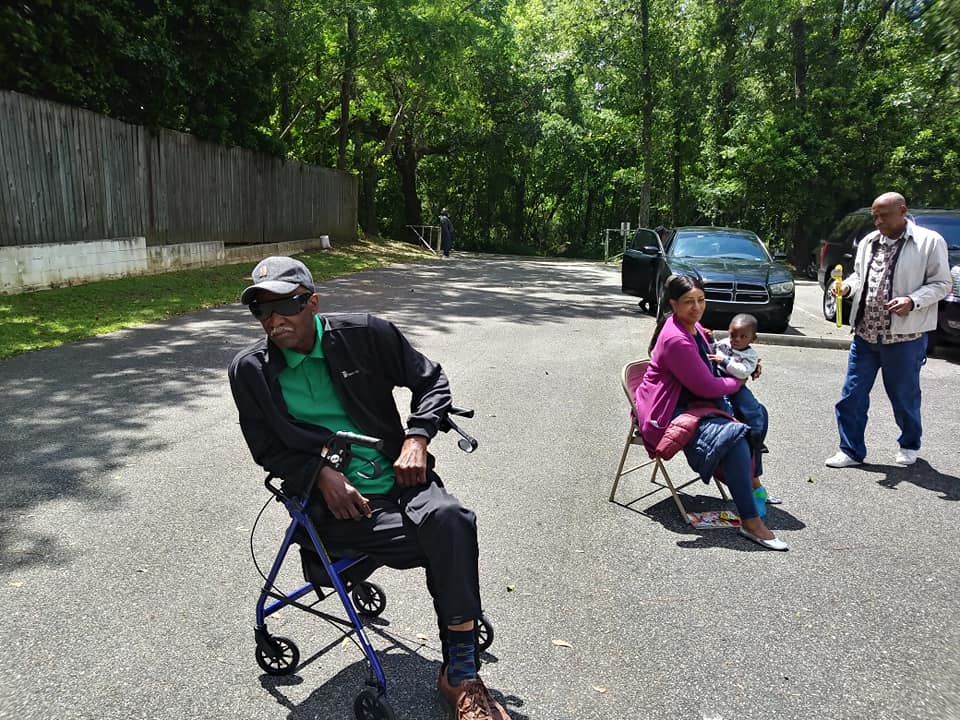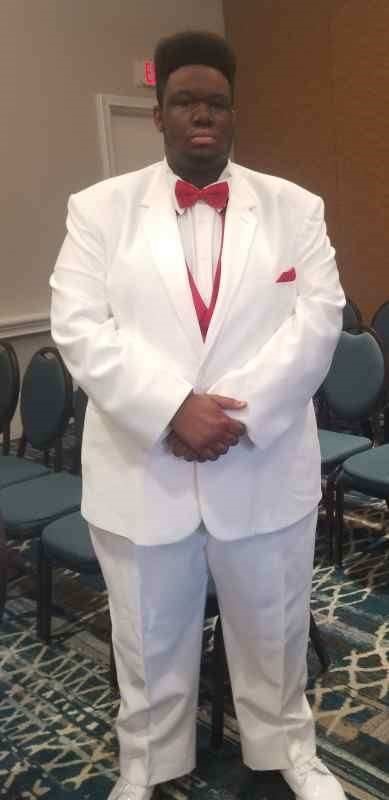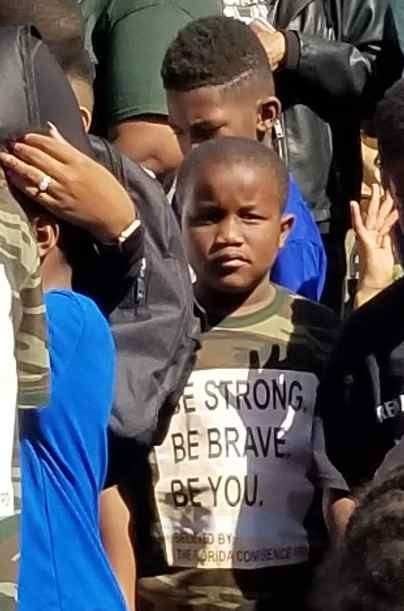Bethelonia A.M.E. Church
"The Beth"
We Know The Best Is Yet To Come!
AME Church History
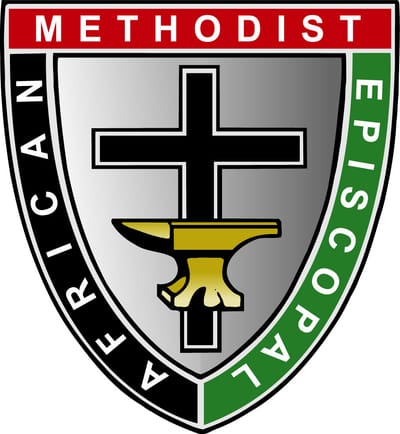
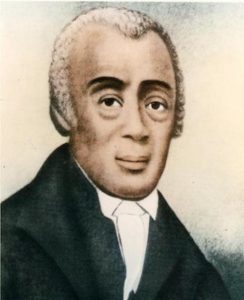
The geographical spread of the AMEC prior to the Civil War was mainly restricted to the Northeast and Midwest. Major congregations were established in Philadelphia, New York, Boston, Pittsburgh, Baltimore, Washington, DC, Cincinnati, Chicago, Detroit, and other large Blacksmith’s Shop cities. Numerous northern communities also gained a substantial AME presence. Remarkably, the slave states of Maryland, Kentucky, Missouri, Louisiana, and, for a few years, South Carolina, became additional locations for AME congregations. The denomination reached the Pacific Coast in the early 1850’s with churches in Stockton, Sacramento, San Francisco, and other places in California. Moreover, Bishop Morris Brown established the Canada Annual Conference.
The most significant era of denominational development occurred during the Civil War and Reconstruction. Oftentimes, with the permission of Union army officials AME clergy moved into the states of the collapsing Confederacy to pull newly freed slaves into their denomination. “I Seek My Brethren,” the title of an often repeated sermon that Theophilus G. Steward preached in South Carolina, became a clarion call to evangelize fellow blacks in Georgia, Florida, Alabama, Texas, and many other parts of the south. Hence, in 1880 AME membership reached 400,000 because of its rapid spread below the Mason-Dixon line. When Bishop Henry M. Turner pushed African Methodism across the Atlantic into Liberia and Sierra Leone in 1891 and into South Africa in 1896, the AME now laid claim to adherents on two continents.
While the AME is doctrinally Methodist, clergy, scholars, and lay persons have written important works which demonstrate the distinctive theology and praxis which have defined this Wesleyan body. Bishop Benjamin W. Arnett, in an address to the 1893 World’s Parliament of Religions, reminded the audience of the presence of blacks in the formation of Christianity. Bishop Benjamin T. Tanner wrote in 1895 in The Color of Solomon – What? that biblical scholars wrongly portrayed the son of David as a white man. In the post civil rights era theologians James H. Cone, Cecil W. Cone, and Jacqueline Grant who came out of the AME tradition critiqued Euro-centric Christianity and African American churches for their shortcomings in fully impacting the plight of those oppressed by racism, sexism, and economic disadvantage.
Today, the African Methodist Episcopal Church has membership in twenty Episcopal Districts in thirty-nine countries on five continents. The work of the Church is administered by twenty-one active bishops, and nine General Officers who manage the departments of the Church.

Dennis C. Dickerson
Retired General Officer
What We Believe
"God Our Father, Christ Our Redeemer, the Holy Spirit Our Comforter, Humankind Our Family."
APOSTLE’S CREED
I believe in God the Father Almighty, Maker of heaven and earth, and in Jesus Christ his only son our Lord who was conceived by the Holy Spirit, born of the Virgin Mary, suffered under Pontius Pilate, was crucified, dead; and buried. The third day he arose from the dead’ he ascended into heaven and sitteth at the right hand of God the Father Almighty; from thence he shall come to judge the quick and the dead. I believe in the Holy Spirit, the Church Universal, the communion of saints, the forgiveness of sins, the resurrection of the body and the life everlasting. Amen.
ARTICLES OF OUR FAITH
1. OF FAITH IN THE HOLY TRINITY
There is but one living and true God, everlasting, without body or parts, of infinite power, wisdom and goodness; the maker and preserver of all things, both visible and invisible. And in unity of this God-head, there are three persons of one substance, power and eternity; the Father, the Son and the Holy Ghost.
2. OF THE WORD OR SON OF GOD, WHO WAS MADE VERY MAN
The Son, who is the Word of the Father, the very and eternal God, of one substance with the Father, took man’s nature in the womb of the blessed Virgin; so that two whole and perfect natures, that is to say, the God-head and manhood, were joined together in one person, never to be divided, whereof is one Christ, very God and very man, who suffered, was crucified, dead and buried, to reconcile his Father to us, and to be a sacrifice, not only for original guilt, but also for actual sins of men.
3. OF THE RESURRECTION OF CHRIST
Christ did truly rise from the dead, and took again his body with all things appertaining to the perfection of man’s nature, wherewith he ascended into heaven, and sitteth until he returns to judge all men at last day.
4. OF THE HOLY GHOST
The Holy Ghost, proceeding from the Father and the Son, is of one substance, majesty and glory with the Father and the Son, very and eternal God.
5. THE SUFFICIENCY OF THE HOLY SCRIPTURES FOR SALVATION
The Holy Scripture containeth all things necessary to salvation; so that whatever is not read therein, nor may be proved thereby, is not to be required of any man, that it should be believed as an article of faith, or be thought requisite or necessary to salvation. In the name of the Holy Scriptures, we do understand those canonical books of the Old and New Testament, of whose authority was never any doubt in the Church.
The Names of the Canonical Books:
|
|
All the books of the New Testament as they are commonly received, we do receive and account canonical.
6. OF THE OLD TESTAMENT
The Old Testament is not contrary to the New; for both in the Old and the New Testament, everlasting life is offered to mankind by Christ, who is the only Mediator between God and man, being both God and man. Wherefore, they are not to be heard, who feign that the old fathers did look only for transitory promises. Although the law given from God by Moses, as touching ceremonies and rites, doth not bind Christians, nor ought the civil precepts thereof of necessity be received in any commonwealth; yet notwithstanding, no Christian whatsoever is free from the obedience of the Commandments, which are called moral.
7. OF ORIGINAL OR BIRTH SIN
Original sin standeth not in the following of Adam (as the Pelagians do vainly talk) but it is the corruption of the nature of every man, that naturally is engendered of the offspring of Adam, whereby man is very far gone from original righteousness, and of his own nature inclined to evil, and that continually.
8. OF FREE WILL
The condition of man after the fall of Adam is such that he cannot turn and prepare himself by his own natural strength and works to faith, and calling upon God; wherefore, we have no power to do good works, pleasant and acceptable to God, without the grace of God; by Christ preventing us, that we may have a good will, and working with us, when we have that good will.
9. OF THE JUSTIFICATION OF MAN
We are accounted righteous before God only for the merit of our Lord and Savior, Jesus Christ, by faith, and not by our own works or deservings; wherefore, that we are justified by faith only, is a most wholesome doctrine, and very full of comfort.
10. OF GOOD WORKS
Although good works, which are the fruit of faith, and follow after justification, cannot put away our sins, and endure the severity of God’s judgments: yet are they pleasing and acceptable to God in Christ, and spring out of a true and lively faith, insomuch that they by them a lively faith may be as evidently known, as a tree is discerned by its fruit.
11. OF WORKS OF SUPEREROGATION
Voluntary works, besides, over and above God’s Commandments, which they call works of supererogation, cannot be taught without arrogancy and impiety. For by them men do declare that they do not only render unto God as much as they are bound to do, but that they do more for His sake than of bounden duty is required; whereas Christ said plainly,” When ye have done all that is commanded you, say, we are unprofitable servants.”
12. OF SIN AFTER JUSTIFICATION
Not every sin willingly committed after justification is the sin against the Holy Ghost, and unpardonable. Wherefore, the grant of repentance is not to be denied to such as fall into sin after justification. After we have received the Holy Ghost, we may depart from grace given, and fall into sin, and by the grace of God, rise again, and amend your lives. And therefore they are to be condemned who say they can do no more sin as long as they live here; or deny the place of forgiveness to such as truly repent.
13. OF THE CHURCH
The visible Church of Christ is a congregation of faithful men, in which the pure Word of God is preached, and the sacraments duly administered according to Christ’s ordinance, in all those things that of necessity are requisite to the same.
14. OF PURGATORY
The Romish doctrine concerning purgatory, pardon, worshipping, and adoration, as well as images, as of relics, and also invocations of saints, is a fond thing, vainly invented, and grounded upon no warrant of Scripture, but repugnant of the Word of God.
15. OF SPEAKING IN THE CONGREGATION IN SUCH A TONGUE AS THE PEOPLE UNDERSTAND
It is a thing plainly repugnant to the Word of God, and the custom of the primitive Church, (to have public prayer in the Church,) or to minister the Sacraments, in a tongue not understood by the people.
16. OF THE SACRAMENTS
Sacraments ordained of Christ are not only badges or tokens of Christian men’s profession, but rather they are certain signs of grace, and God’s good will towards us, by the which he doth work invisibly in us, and doth not only quicken, but also strengthen and confirm our faith in Him.
There are 2 Sacraments ordained of Christ our Lord, in the Gospel; that is to say, Baptism and the Supper of the Lord.
Those five commonly called sacraments, that is to say, Confirmation, Penance, Orders, Matrimony and Extreme Unction, are not to be counted for Sacraments of the Gospel; being such as have partly grown out of the corrupt following of the Apostles; and partly are states of life allowed in the Scriptures, but yet have not the like nature of Baptism and the Lord’s Supper, because they have not any visible sign, or ceremony ordained of God.
The Sacraments were not ordained of Christ to be gazed upon, or to be carried about; but that we should duly use them. And in such only as worthily receive the same, they have a wholesome effect or operation; but they that received them unworthily, purchase to themselves condemnation, as St. Paul saith.
17. OF BAPTISM
Baptism is not only a sign of profession, and mark of difference; but it is also a sign of regeneration, or the new birth. The baptism of young children is to be retained in the church.
18. OF THE LORD’S SUPPER
The Supper of the Lord is not only a sign of the love that Christians ought to have among themselves one to another, but rather is a Sacrament of our redemption by Christ’s death; insomuch, that to such as rightly, worthily, and with faith receive the same, the bread which we break is a partaking of the body of Christ; and likewise the cup of blessing is a partaking of the blood of Christ.
Transubstantiation, or the change of the substance of bread and wine in the Supper of our Lord, cannot be proved by Holy Writ; but is repugnant to the plain words of Scripture, overthroweth the nature of a sacrament, and hath given occasion to many superstitions.
The body of Christ is given, taken and eaten in the Supper, only after a heavenly and spiritual manner. And the means whereby the body of Christ is received and eaten in the Supper, is faith.
The Sacrament of the Lord’s Supper is not by Christ’s ordinance reserved, carried about, lifted up, or worshipped.
19. OF BOTH KINDS
The cup of the Lord is not to be denied to the lay people: for both parents of the Lord’s Supper, by Christ’s ordinance and commandment, ought to administered to all Christians alike.
20. OF THE ONE OBLATION OF CHRIST, FINISHED UPON THE CROSS
The offering of Christ once made, is that perfect redemption, propitiation, and satisfaction for all the sins of the whole world, both original and actual; and there is none other satisfaction for sin but that alone. Wherefore the sacraments of masses, in which it is commonly said that that priest doth offer Christ for the quick and the dead, to have remission of pain or guilt, is a blasphemous fable, and dangerous deceit.
21. OF THE MARRIAGE OF MINISTERS
The ministers of Christ are not commanded by God’s law either to vow the estate of single life, or to abstain from marriage; therefore, it is lawful for them, as for all other Christians, to marry at their own discretion, as they shall judge the same to serve best to godliness.
22. OF THE RITES AND CEREMONIES OF CHURCHES
It is not necessary that rites and ceremonies should in all places be the same, or exactly alike; for they have been always different, and may be changed according to the diversity of countries, times, and men’s manners, so that nothing be ordained against God’s Word. Whosoever, through his private judgment, willingly and purposely, doth openly break the rites and ceremonies of the church to which he belongs, which are not repugnant of the Word of God, and are ordained and approved by common authority, ought to be rebuked openly, that others may fear to do the like, as one that offendeth against the common order of the Church and woundeth the consciences of weak brethren.
Every particular Church may ordain, change, or abolish rites and ceremonies so that all things may be done to edification.
23. OF THE RULERS OF THE UNITED STATES OF AMERICA
The President, the Congress, the General Assemblies, the Governors, and the Councils of State, as the delegates of the people, are the rulers of the United States of America[1], according to the division of power made to them by the Constitution of the United States, and by the constitution of their respective states and the Councils of States delegates of the people, are the rulers of the United States of America, and by the Constitutions of their respective States. And the said states are a sovereign and independent nation, and ought not to be subject to any foreign jurisdiction.
[1] It is acknowledged that the African Methodist Episcopal Church was organized in the United States. However, the African Methodist Episcopal Church is an international Christian body with constituents around the world, and a Christian witness that is both parochial and global. Article 23 presumes the duty, loyalty and patriotism of our constituents, as citizens of sovereign nations, to obey just laws, to recognize and respect the organizational structure, and to uphold the Constitution of the country or nation-state in which our members hold the rights and privileges of citizenship. Further, obedience to Civil Government is one of the principle duties of all persons, and was honored by our Lord and His Apostles. Though differing in form and policy, all just governments rightfully commend the obedience, loyalty, support, and defense of all Christian men and women they control and protect.
24. OF CHRISTIAN MEN’S GOODS
The riches and goods of Christians are not common as touching the right, title and possession of the same, as some do falsely boast. Notwithstanding, every man ought, of such things as he possesseth, liberally, to give alms to the poor, according to his ability.
25. OF A CHRISTIAN MAN’S OATH
As we confess that vain and rash swearing is forbidden Christian men by our Lord, Jesus Christ and James, His apostle: so we judge that the Christian religion doth not prohibit, but that a man may swear when the magistrate requireth, in a cause of faith and charity, so it be done according to the prophet’s teaching, in justice, judgment, and truth.
Our Mission, Vision, Purpose, and Objective
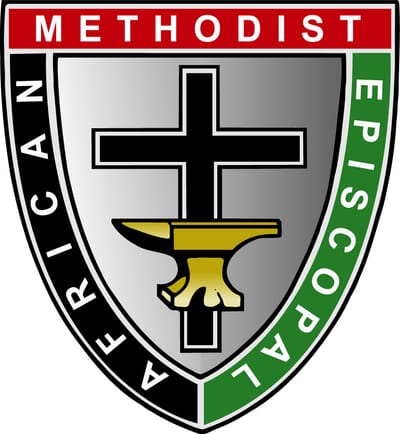
The Mission of the AME Church is to minister to the social, spiritual, and physical development of all people.
THE VISION
At every level of the Connection and in every local church, the AME Church shall engage in carrying out the spirit of the original Free African Society, out of which the AME Church evolved: that is, to seek out and save the lost, and to serve the needy. It is also the duty of Church to continue to encourage all members to become involved in all aspects of church training.
THE PURPOSES
The ultimate purposes are:
- make available God’s biblical principles,
- spread Christ’s liberating gospel, and
- provide continuing programs which will enhance the entire social development of all people.
THE OBJECTIVE
In order to meet the needs of every level of the Connection and in every local church, the AME Church shall implement strategies to train all members in: (1) Christian discipleship, (2) Christian leadership, (3) current teaching methods and materials, (4) the history and significance of the AME Church, (5) God’s biblical principles, and (6) social development to which all should be applied to daily living.
Our Church
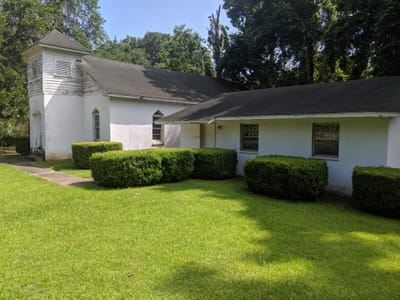
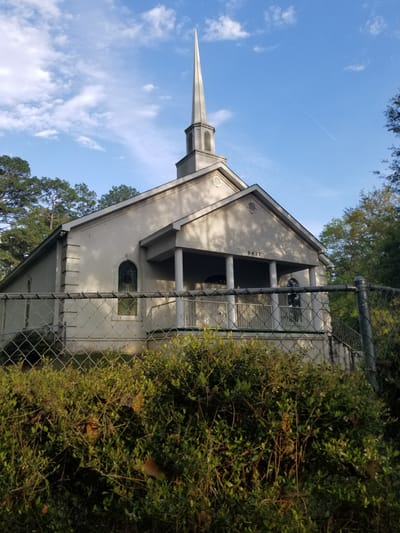
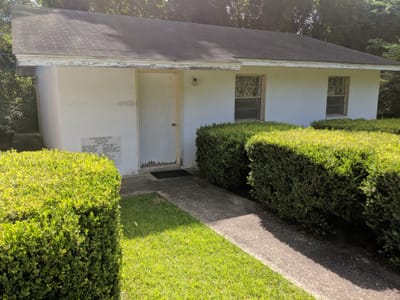
In 1949, under the pastorate of the late Reverend Chezzie Jackson, the Trustee Board chaired by Brother Roosevelt Henderson discovered that there was no deed for the property occupied by Bethelonia church. Brother Henderson, however, found the will of Brother James Gardner which bequeathed one-fourth (1/4) of an acre of land to the Bethelonia church. On August 16, 1949, a quick claim deed was issued to Presiding Elder E. L. Bennett (as a trustee of the A.M.E. Church) from Brothers Sam Richardson and John Austin, who were trustees of Bethelonia church.
In 1952, under the pastorate of the late Reverend S. G. Gibbs, the Bethelonia church started to replace its wooded building with a concrete one. The concrete building was completed in 1953, under the second pastorate of the late Reverend Chezzie Jackson, and presently serves as the place of worship.
In 1956, Bethelonia became a circuit church with Mount Dothan A.M.E. Church ("Mount Dothan") in the Hamlet community.
In 1968, under the pastorate of the late Reverend Ira Hobbs, the Bethelonia and Mount Dothan churches merged and Bethelonia joined a circuit with New Saint John A.M.E. Church in the Concord Community.
In the mid-1970's, the Bethelonia church exchanged land for the development of a kitchen and classroom building on the south side of the church's existing worship building, which was owned by Brother and Sister Willis Dickey. In 1979, under the pastorate of the late Reverend Ira Hobbs, the land was exchanged between Bethelonia and Brother and Sister Willis Dickey and the construction of a kitchen and classroom building was started on the south side of the worship building.
In 1981, under the pastorate of Reverend Queen Miller, the building was completed. Separately, in 1981, the Bethelonia and Friendship A.M.E. Churches joined in circuit and was known as the Lake Jackson circuit.
In 1989, the walls of Bethelonia's worship building began to crack due to a fault in the foundation of the building. The fault in the foundation was caused by the roots of twin oaks that had served as guardians of the property for as long as anyone could remember. At the same time there were discussions of merging Bethelonia and Friendship churches because of the churches' worship buildings were in great need of renovation. Under the pastorate of Reverend Ronnie Clark, a proposal to merge the two churches was formally considered by the memberships. However, the Friendship church membership voted not to merge.
In 1990, under the pastorate of Reverend Robert Postell, the Bethelonia church agreed to pursue purchasing a parcel of land to relocate and construct a new worship building, rather than repairing the existing worship building. On September 6, 1991, one acre of land was purchased, for ten thousand ($10,000) dollars from Brother Mack Gardner. The land was located on the corner of Bannerman and North Meridian Roads, approximately one mile south of Bethelonia's existing worship building. Also, in 1991, the Bethelonia church returned to station church status.
In November 1991, groundbreaking services were held for the construction of the new worship building with plans to construct and move into the new worship building by the winter of 1994.
Meanwhile, other historical events continued to unfold. On December 27, 1992, at the age of nine (9) Brother Jarvis Ferrell ("Little Samuel of the Quincy District") preached his first sermon. In January of 1993 the "first" female minister of Bethelonia Sis. Jimmie Dickey preached her first sermon, followed by little twelve (12) years old Desmond Ferrell on May 11, 1993, all from the pulpit of Bethelonia.
On October 25, 1994, under the pastorate of Reverend Klent A. James, the Bethelonia church’s commitment to building a new sanctuary continued. In May 1995 the loan was approved through SouthTrust Bank. In 1996 mass efforts were made to settle discrepancies against the church and the church property. On May 6, 1997, a "Quick Title" on the property purchased in September 1991, was secured and construction of the new sanctuary began.
In 1996, our "second" female member called to preach the Gospel from Bethelonia was Sis. Lillie A. Sneed Ferrell. Her husband Bro. Ralph Ferrell answered the call in 1998, all from the pulpit of Bethelonia. Our first husband and wife team out of Bethelonia, to God, be the Glory!
On January 1998, at 3:00 PM, the Dedication Service for the new worship building took place with The Right Reverend Frank C. Cummings, Presiding Bishop, 11th Episcopal District presiding over the Dedication Service, Presiding Elder E.L. Daniels, Quincy District, Rev. Klent A. James, the members, and friends of Bethelonia AME Church celebrated God’s goodness. The theme for this occasion was: “The Glory of this latter house shall be greater than of the former, saith the LORD of hosts: and in this place will I give peace, saith the LORD of hosts.” Haggai 2:9
In 1999, Minister Olutayo Sowande transferred from the 4th Episcopal District to the 11th Episcopal District when he joined Bethelonia.
September 2003, Reverend Jeffrey Graham was appointed as Pastor to lead the Bethelonia Church Family, under his leadership; the ministerial staff includes: Reverend Tayo Sowande (active duty), Reverend Lillie Ferrell and Reverend Ralph Ferrell, Stewards, Trustees, Officers and members continue to serve.
On December 4, 2010, Laurine Henderson Hobbs was consecrated the 1st Deaconess in the History of the Bethelonia church by The Right Reverend McKinley Young, Presiding Bishop, 11th Episcopal District at the Florida Conference Day of Sharing Program, Marianna, Florida.
December 8, 2012, Gracie Henderson Adams was consecrated a Deaconess in the African Methodist Episcopal Church, the 2nd Deaconess in the history of Bethelonia. This event took place at the Florida Conference Day of Sharing Program in Quincy, Florida, under the leadership of The Right Reverend Dr. Adam J. Richardson, Jr., Presiding Bishop, of the 11th Episcopal District.
A monumental celebration was May 30, 2015, under the leadership of Rev. Jeffrey Graham. At this celebration, the Bethelonia church burned its mortgage, a first as far as anyone could remember. The Right Reverend Dr. Adam J. Richardson, Jr., Presiding Bishop for the 11th Episcopal District, conducted the services. The former pastors that were in attendance and took part in the celebration were Reverend Queen E. Miller, Reverend Robert Postell Jr., and Reverend Klent James.
On September 18, 2015, the Reverend Helen L. Johnson-Robinson was appointed at the 150th Session of the Florida Annual Conference to lead Bethelonia African Methodist Episcopal Church. Under the pastorate of Reverend Johnson-Robinson, Bethelonia hosted the Quincy-Monticello District’s Church School convention.
On November 17, 2017, the Reverend James L. Houston was appointed at the 11th Episcopal District's Planning Meeting in Orlando to lead the Bethelonia African Methodist Episcopal Church. His ministerial staff includes Reverend Lillie Ferrell, Reverend Ralph Ferrell, Reverend Shanetta Ligon, Reverend Tayo Sowande, Sister Stephanie Milton, Sister Yolanda Lockett and Sister Sentoria “Nicky” Houston.
The following preachers have been charged with and served Bethelonia A.M.E. Church from 1876 until present day: Rev. S.S. Herdon, Rev. George Jones, Rev. Berton, Rev. Doyle, Rev. J.L. Chershaw, Rev. Hansberry, Rev. Coalman, Rev. Keton, Rev. Harold Anderson, Rev. Willie Washington, Rev. Sye Hoatwell, Rev. G.W. McGhee, Rev. Reshard, Rev. Mose Starks, Rev. Eddie Nathan, Rev. Crawford, Rev. Johnson, Rev. Dean, Rev. hooks, Rev. Frank Savage, Rev. Paris, Rev. Thomas Yant, Rev. Miller, Rev. Hamilton Braxton, Rev. Sam Sampson, rev. George Chambers, Rev. Chezzie Jackson, Rev. W.J. Thomas, Rev. Gibbs, Rev. Chezzie Jackson, Rev. J.J. Jackson, Rev. J.J. Thomas, Rev. Pauline Henderson, Rev. Ira Hobbs, Rev. Queen Miller, Rev. J.S. Madison, Rev. Ronnie Clark, Rev. Robert Postell, Rev. Klent James, Rev. Jeffrey Graham, Rev. Helen L. Johnson-Robinson, Rev. James L. Houston, and our current pastor The Rev. Tony O. Hannah.
Our Pastoral Team
Thankful Thursdays
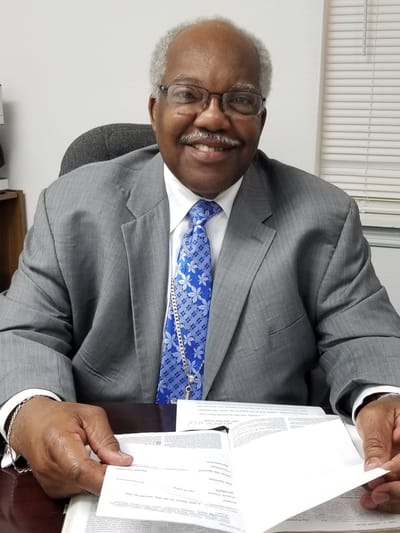
Let’s turn the page forward because the goal is to understand what being “my brother’s keeper” looks like today. The phrase “my brother’s keeper” occurs in the context of the story of Cain and Abel in Genesis 4:1-9. After the Lord God had expelled Adam and Eve from the Garden of Eden for their disobedience, Cain killed his brother Abel out of jealousy that God had found Abel’s sacrifice acceptable, but He had rejected Cain’s. After the murder, the Lord, knowing full well what had happened, asked Cain where Abel was. Cain’s response was "I do not know. Am I my brother’s keeper.
Whoever claims to love God yet hates a brother or sister is a liar. For whoever does not love their brother and sister, whom they have seen, cannot love God, whom they have not seen. And he has given us this command: Anyone who loves God must also love their brother and sister. – 1 John <span dir="ltr">4:20-21</span>. This is how we know what love is: Jesus Christ laid down his life for us. And we ought to lay down our Hate, Misunderstanding, Jealousy, live and support your brothers and sisters. For we have been called to live in freedom. If we let freedom ring in our lives just think what this world would be like. Don’t use your freedom to satisfy your sinful nature. Instead, use your freedom to serve one another in love.
There are so many verses in the Bible about loving each other. Caring for each other. Looking out for others' interests. Jesus summed it up best in Mark 12:31, Love your neighbor as yourself. May l say that again. Love your neighbor as yourself. That is the heart and crux of the matter. In fact, Jesus said in John 13:35, that the identifying mark for everyone who is his disciple will be the way they love one another. If the church would take this to heart and display true brotherly love towards each other. This will be a better place to live.
So, as Christians, we are to be our brother’s keeper. As Paul wrote, “Therefore let us pursue the things which make for peace and the things by which one may edify (build up) another” (Romans 14:19)
<br>
Good Bless, Rev.
Documents & Forms
Prayer Request
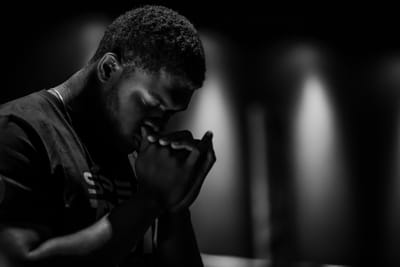

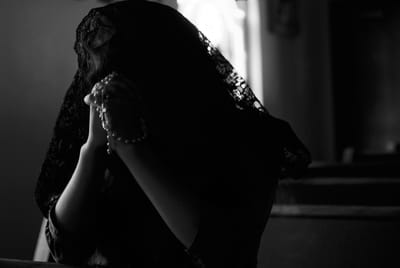
- Please Keep Our Sick & Shut-In In Your Prayers
- Adams
- Austin
- Brooks
- Dickey
- Jackson
- Please Keep The Bethelonia Church family lifted up in your prayers
- Please Keep Our Pastor & His Family lifted up in your prayers
- Please Keep Our President lifted up in your prayers
- Please Keep Our Elected Officials lifted up in your prayers
- Please Keep Our Brothers & Sisters in the Armed Forces lifted up in your prayers
- Please Keep Our Children lifted up in your prayers
- Please Keep Our World lifted up in your prayers.
- Please Keep ALL who are affected by Police Brutality and Violence lifted up in your prayers.
- Please Keep ALL who are affected by COVID-19, Coronavirus, lifted up in your prayers
Please Keep The Bereaved Families Lifted Up In Your Prayers
The Young Family
Bethlehem Baptist Church, Minister Michael Williams & Family
Weekly Schedule
The Wednesday Before 1st Sunday.
The Wednesday After The 1st Sunday
Events
Announcements
Donate
"Bring the whole tithe into the storehouse, that there may be food in my house. Test me in this, " says the Lord Almighty, "and see if I will not throw open the floodgates of heaven and pour out so much blessing that there will not be room enough to store it".
Luke 6:38 New Living Translation
Give, and you will receive. Your gift will return to you in full—pressed down, shaken together to make room for more, running over, and poured into your lap. The amount you give will determine the amount you get back. ”
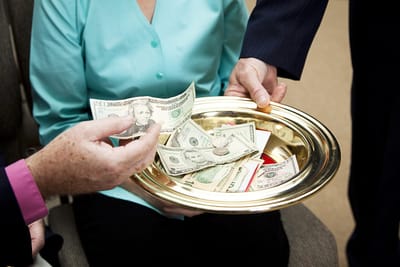
$25
Contact Us
- 8437 North Meridian Road, Tallahassee, Florida 32312, United States
